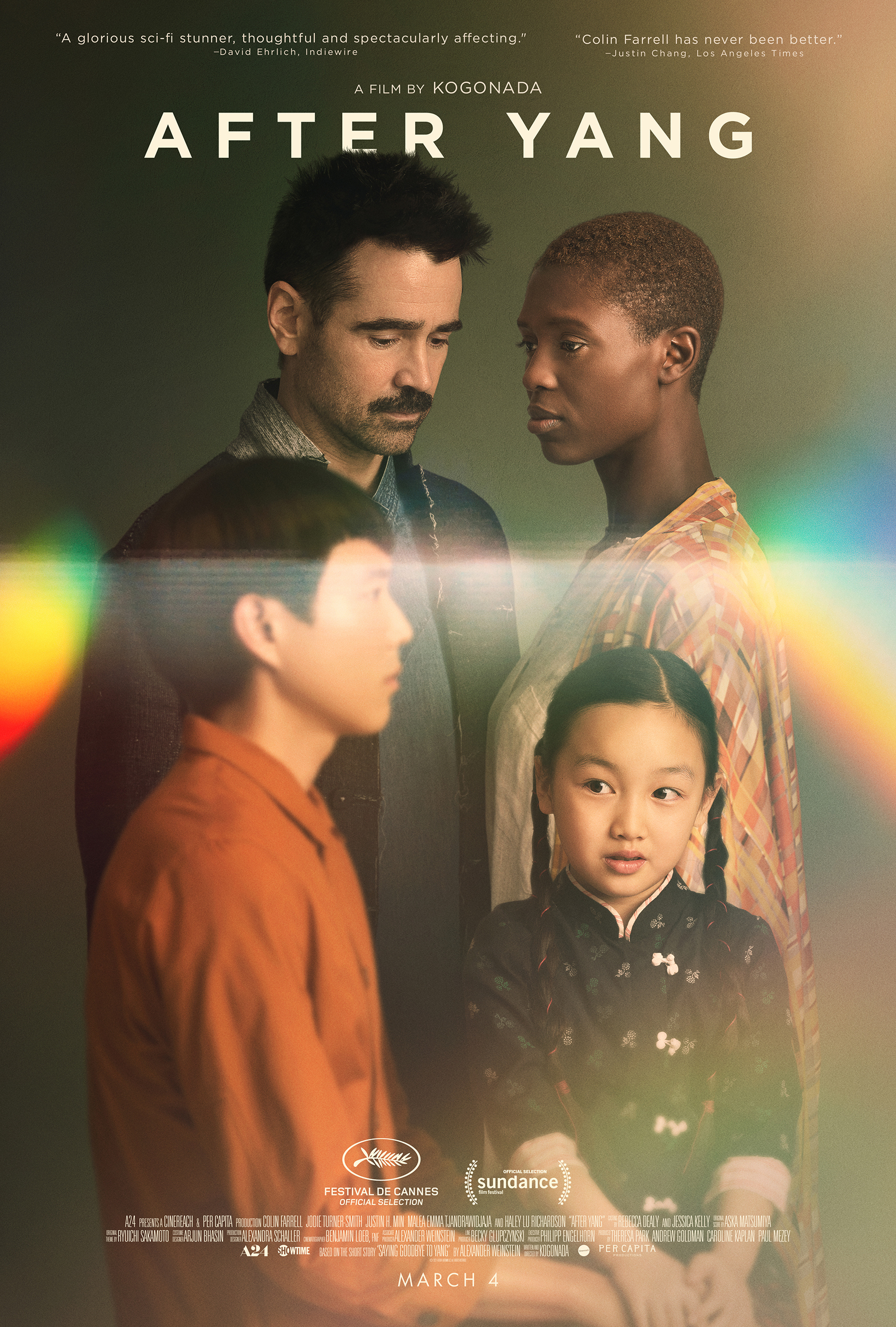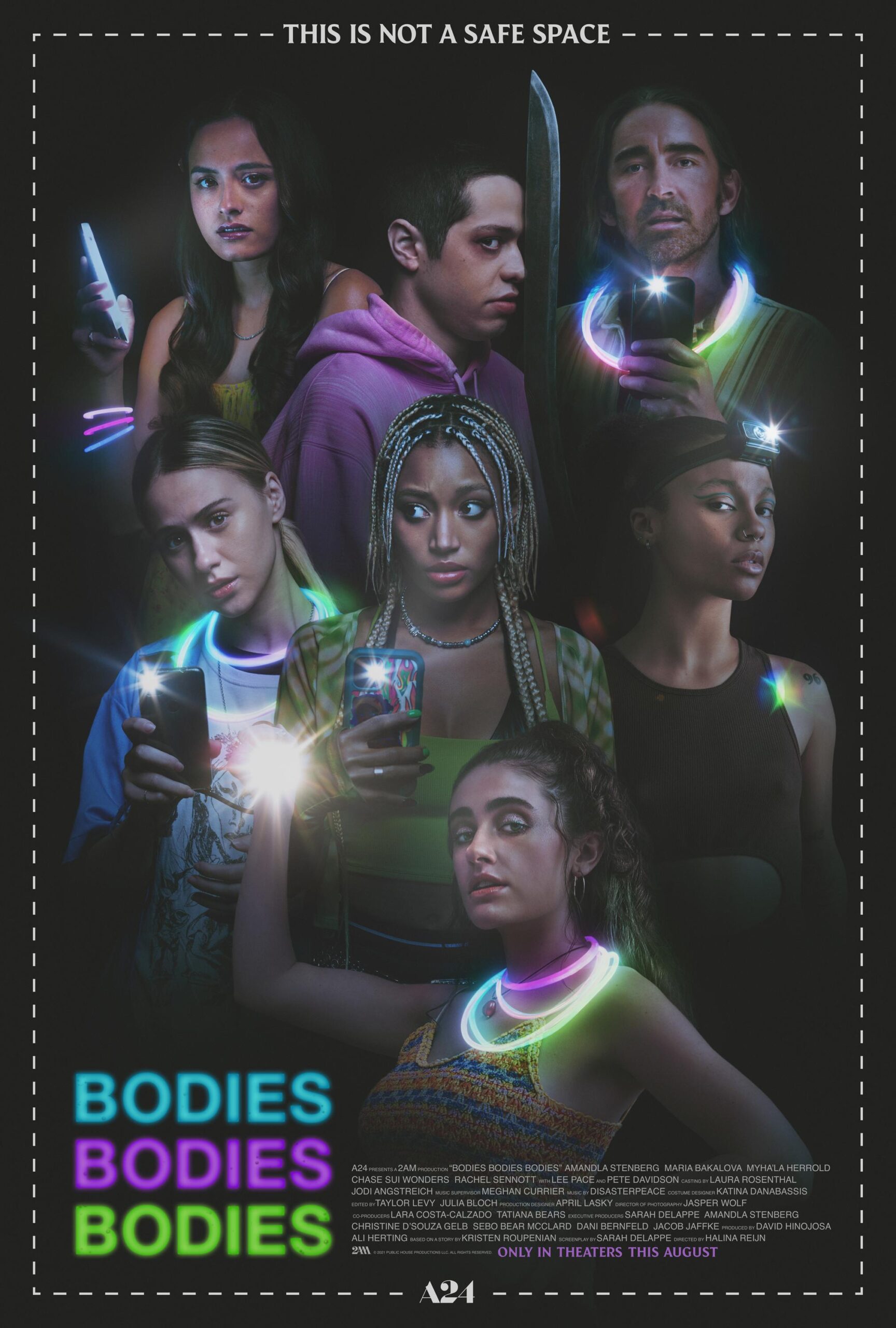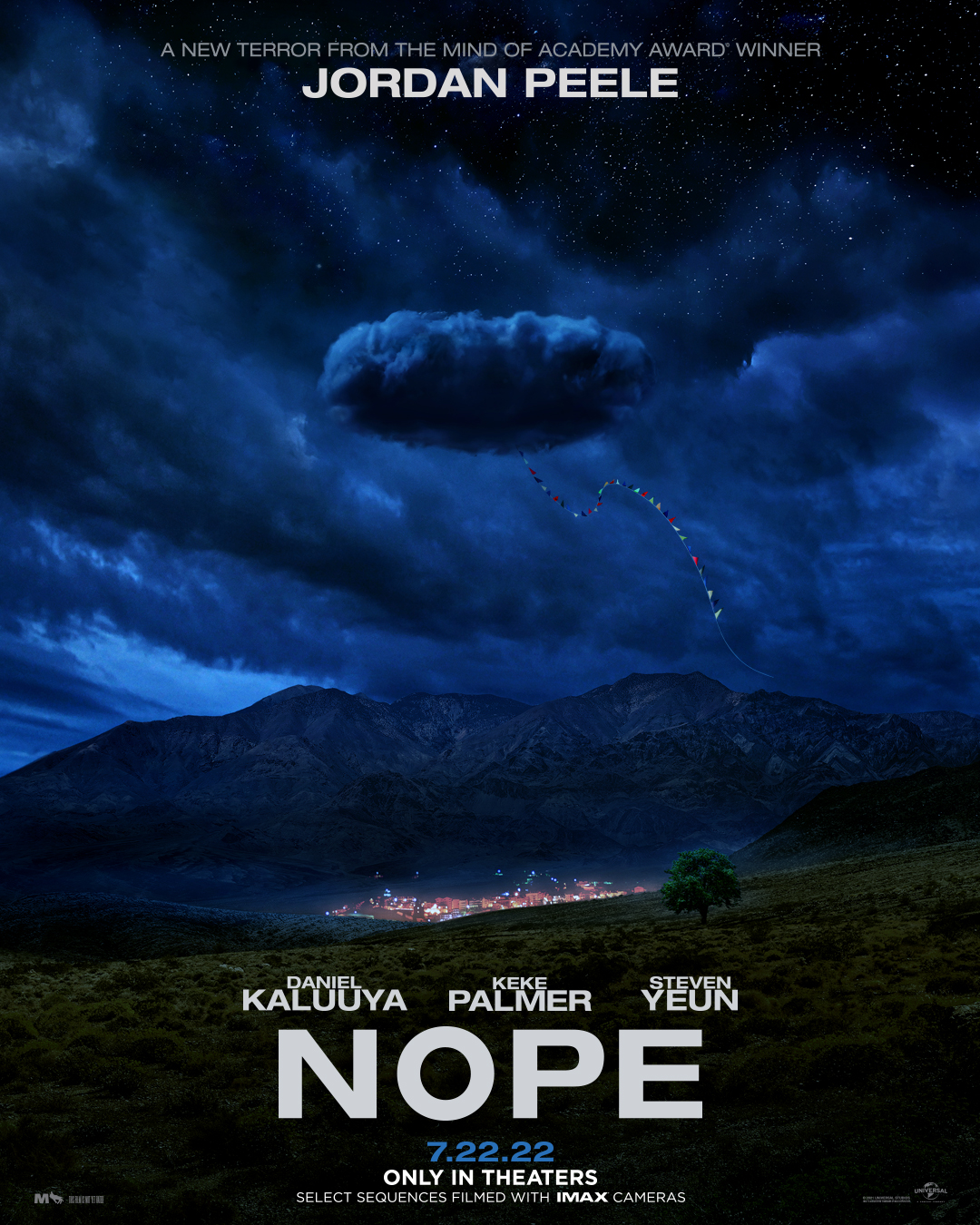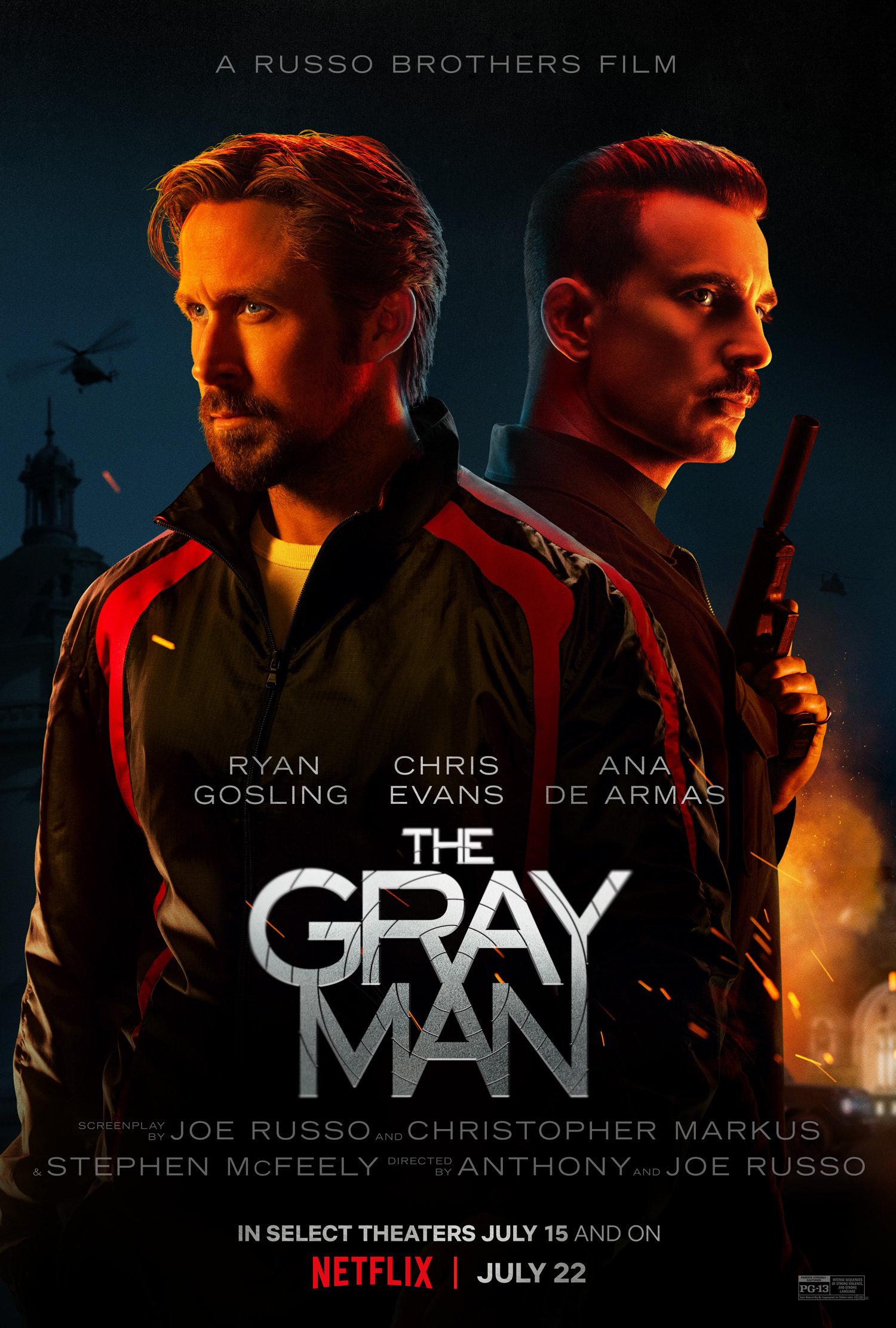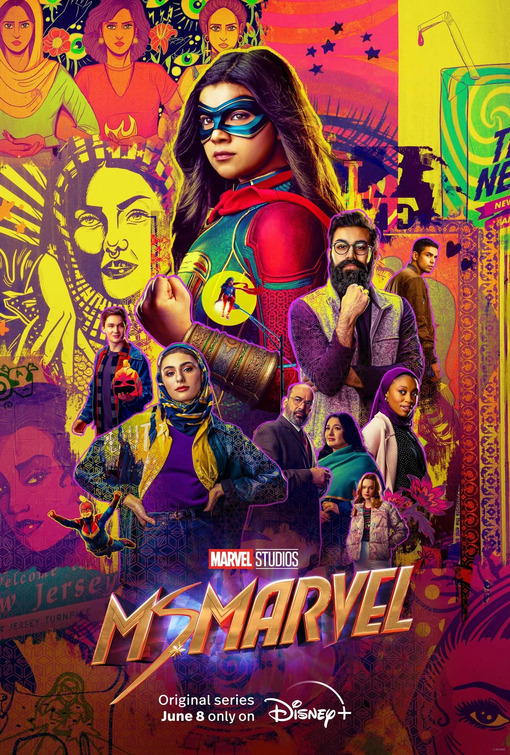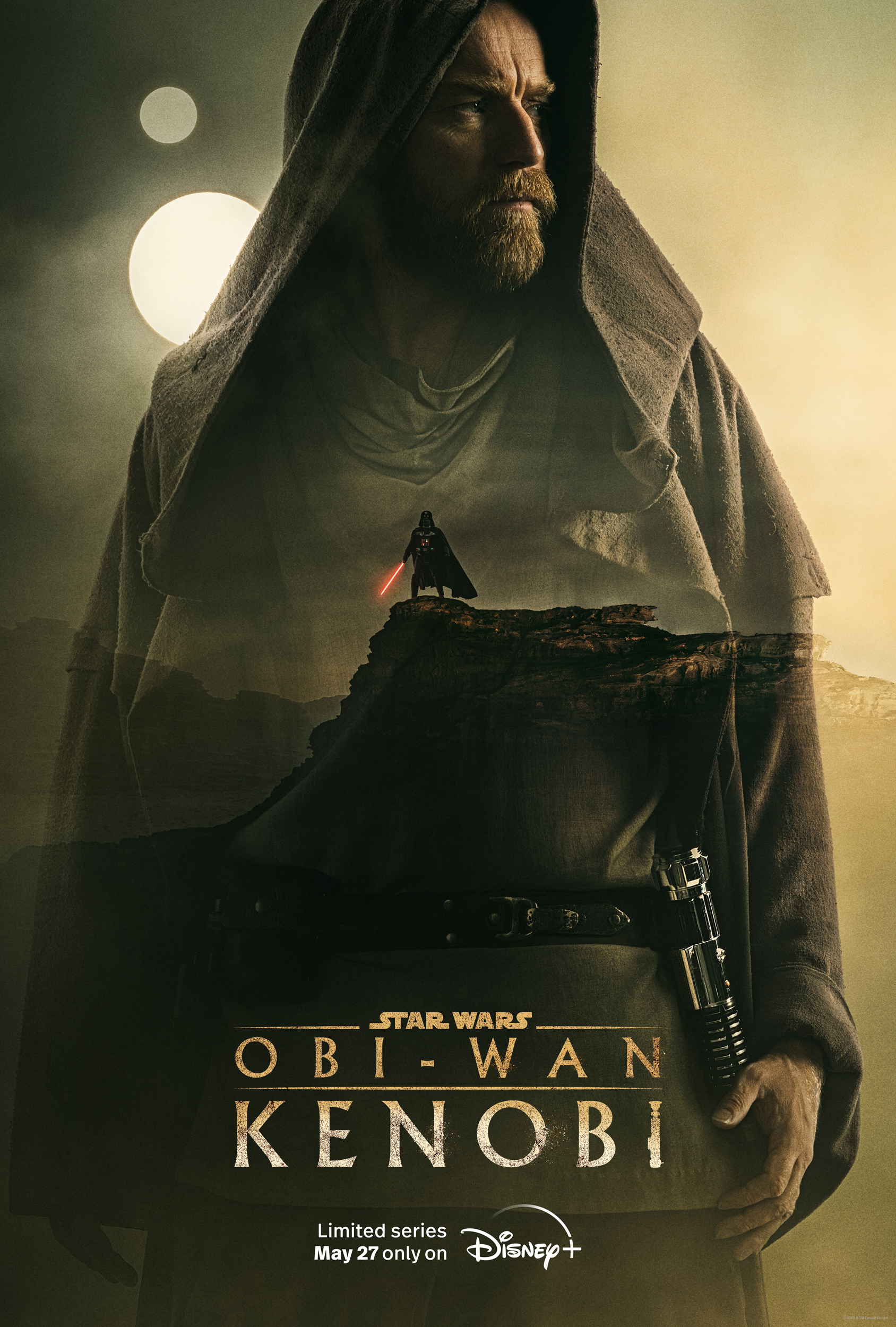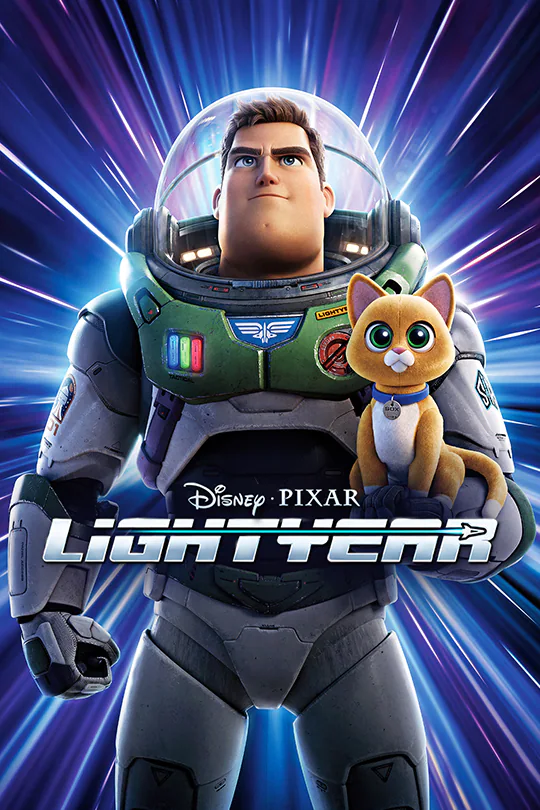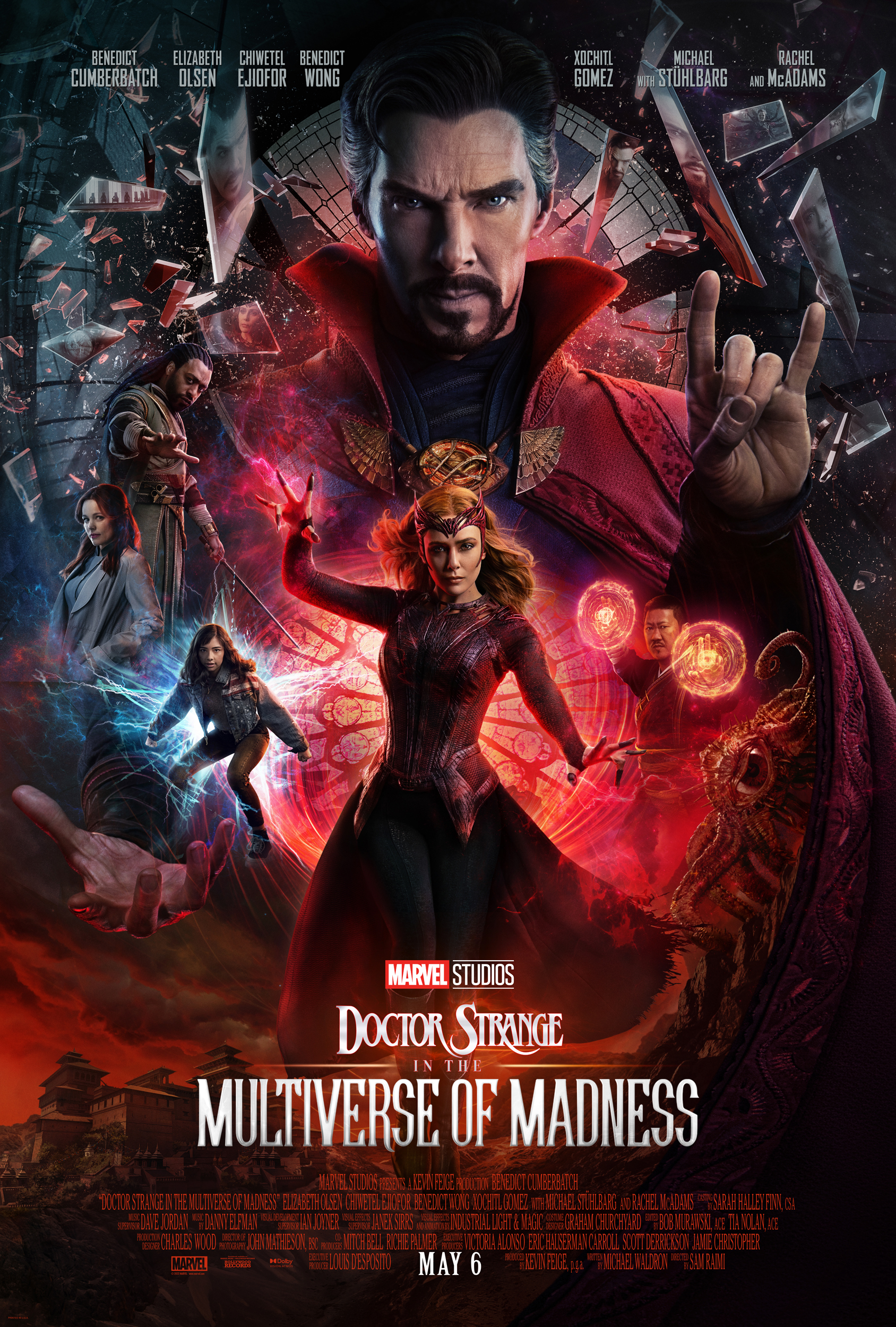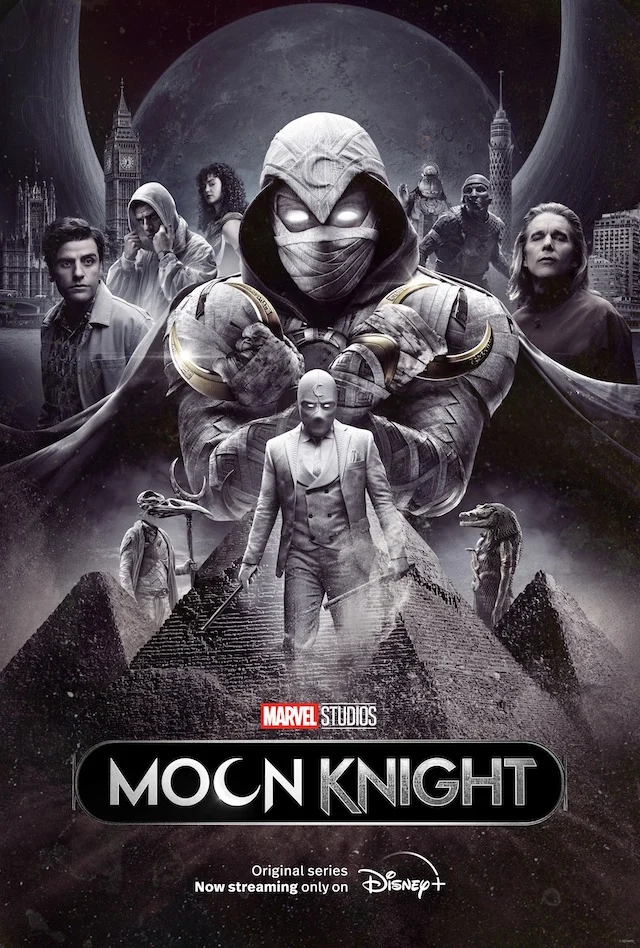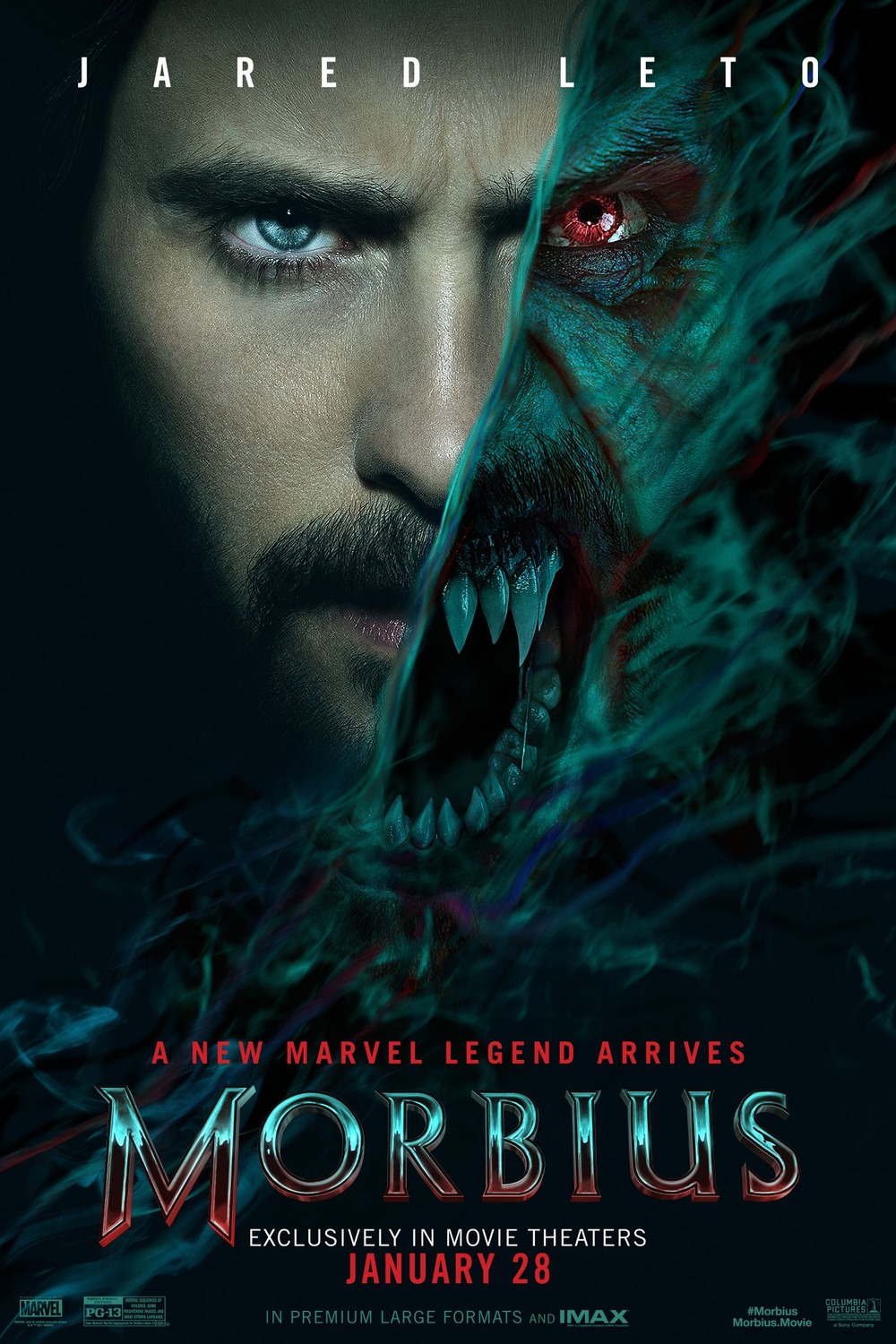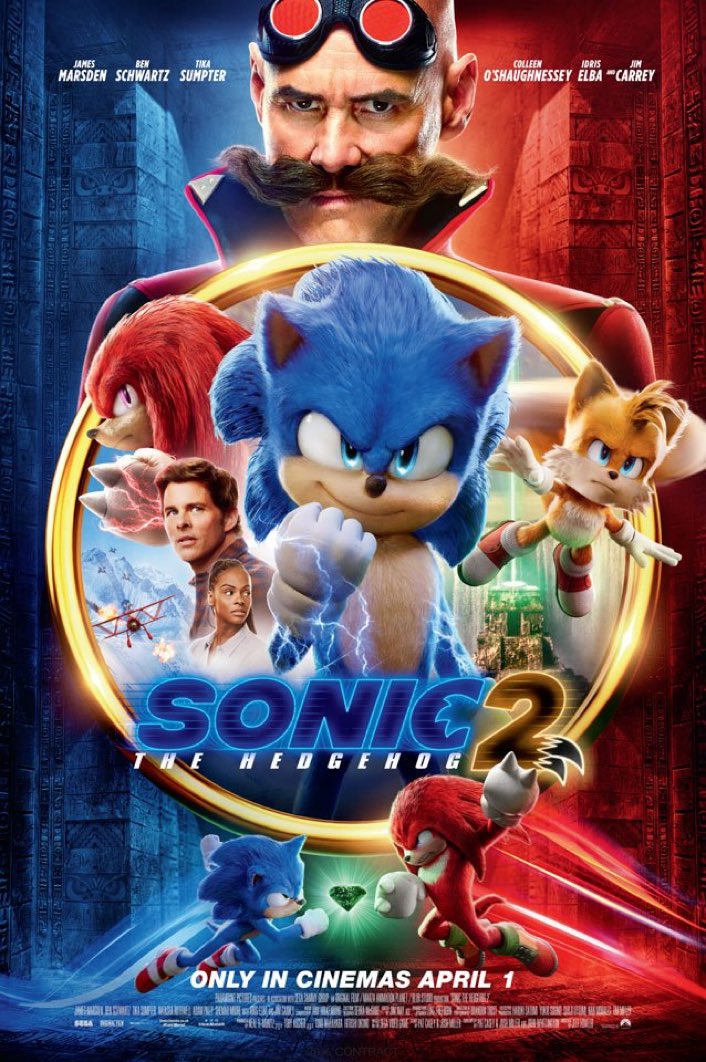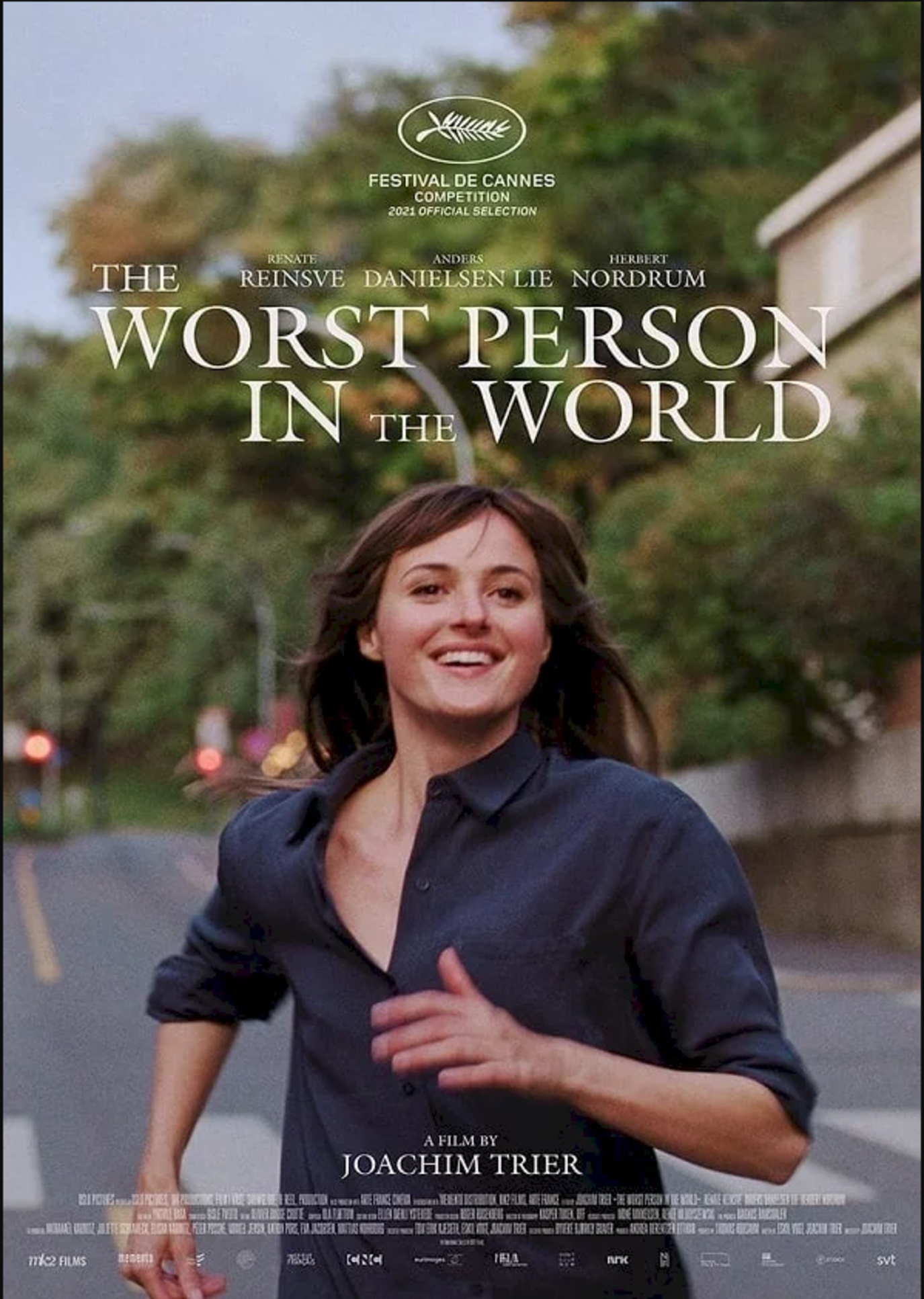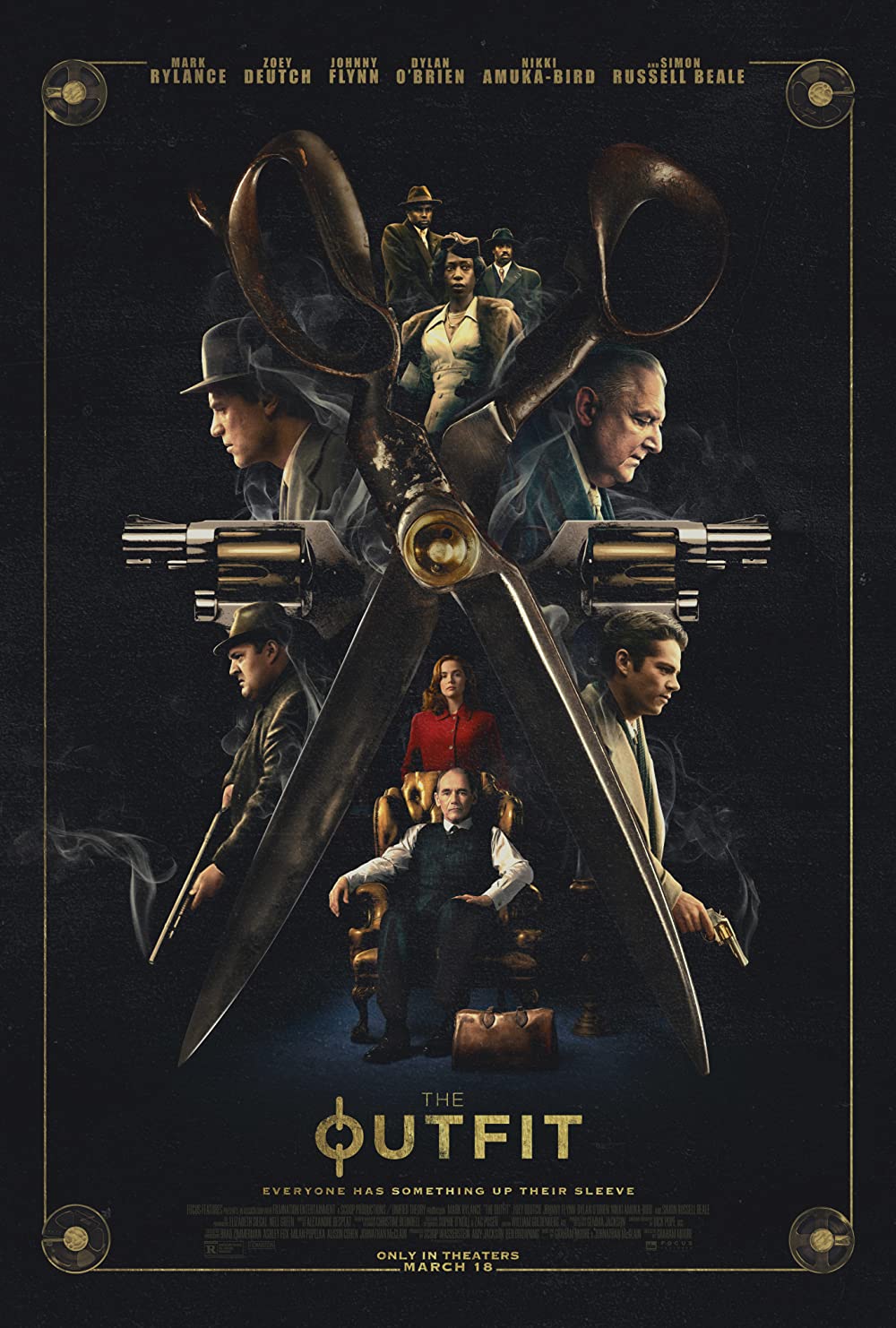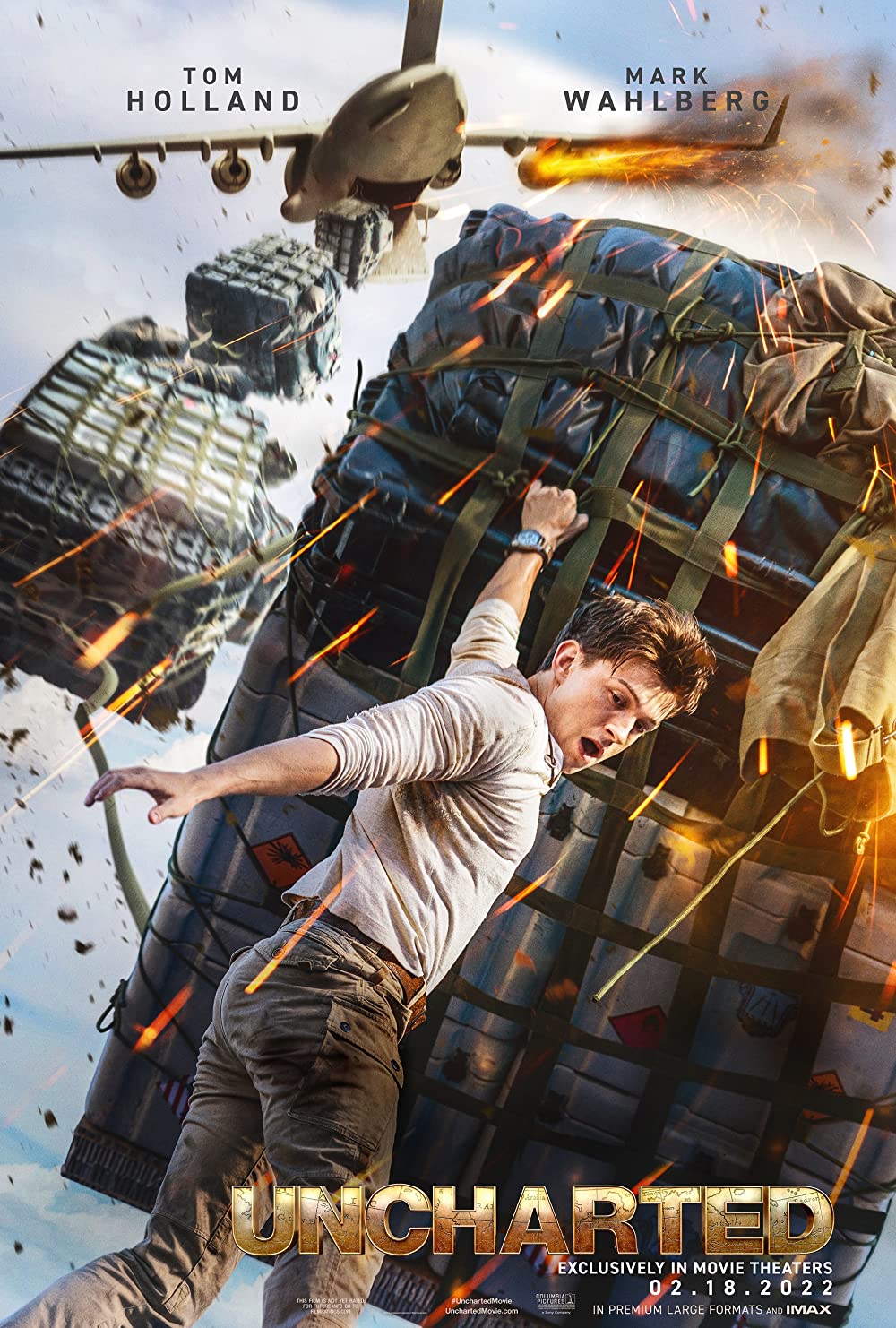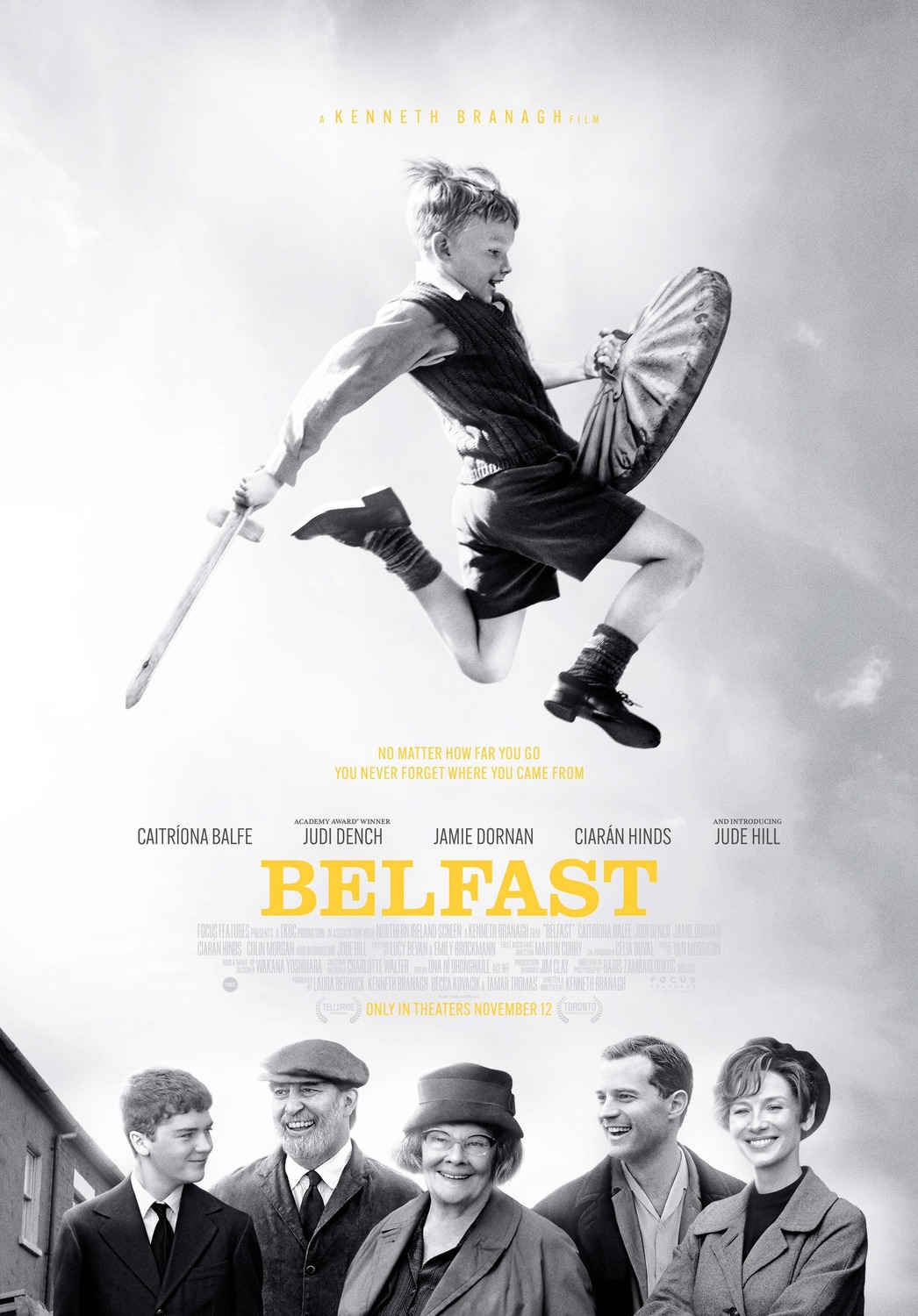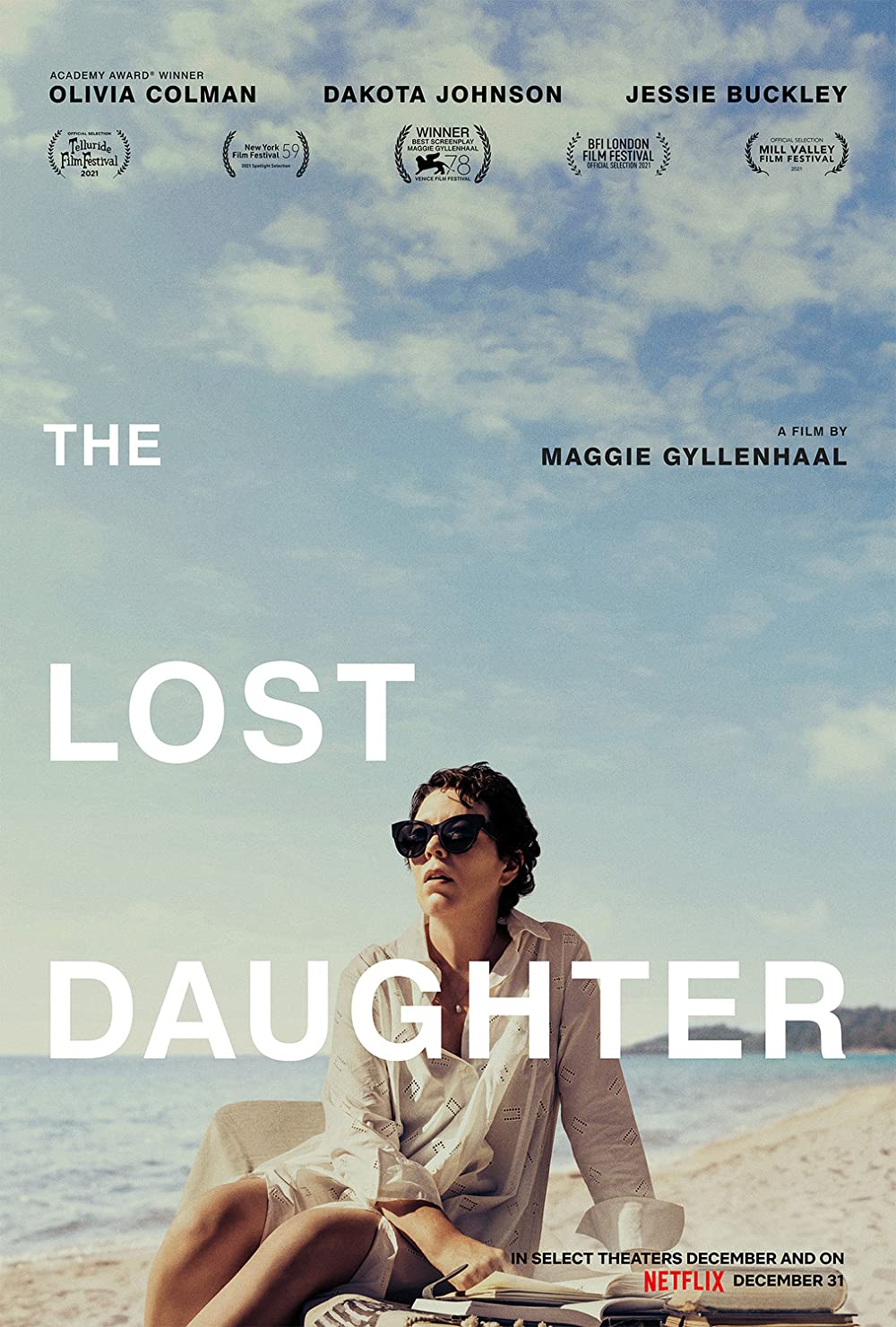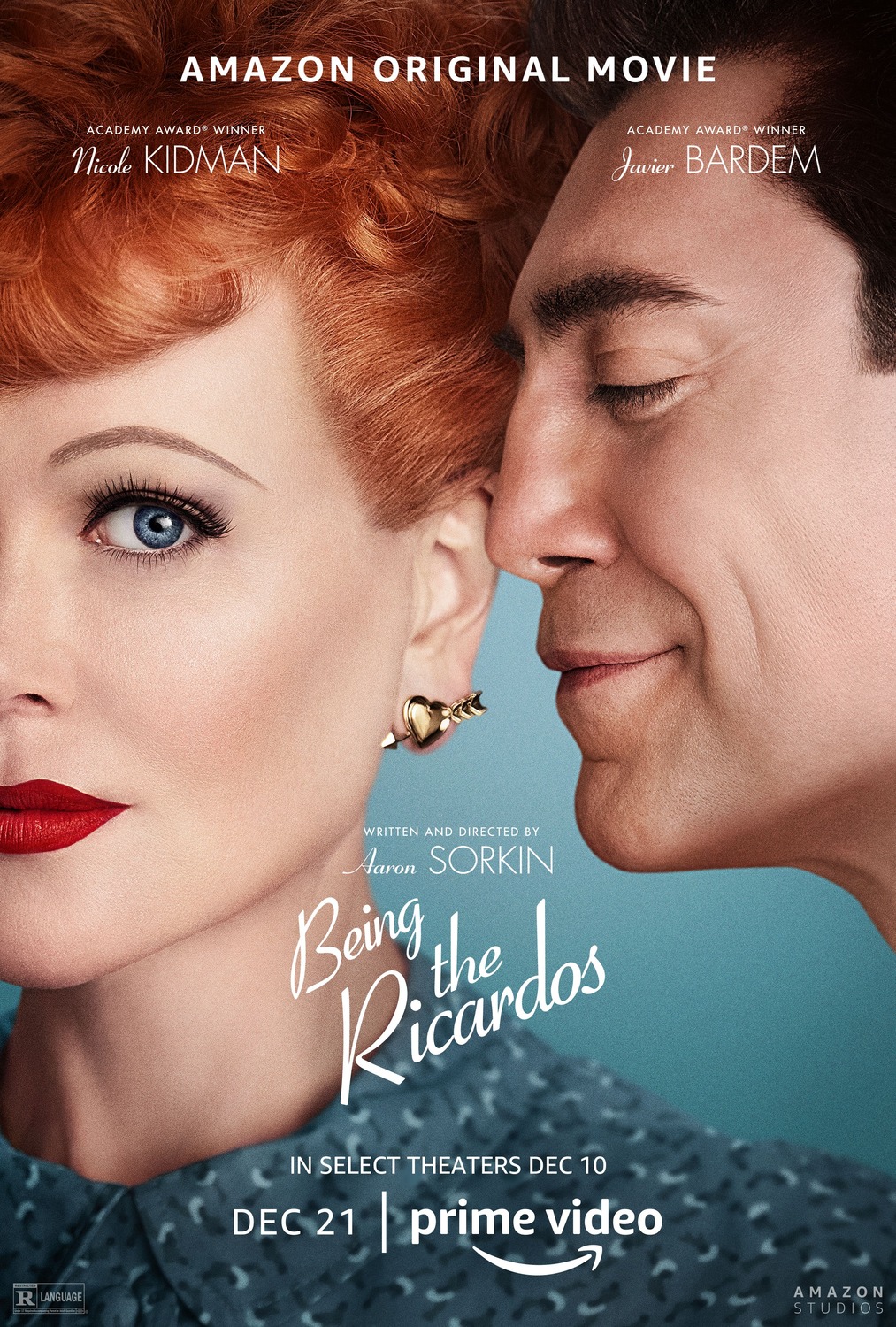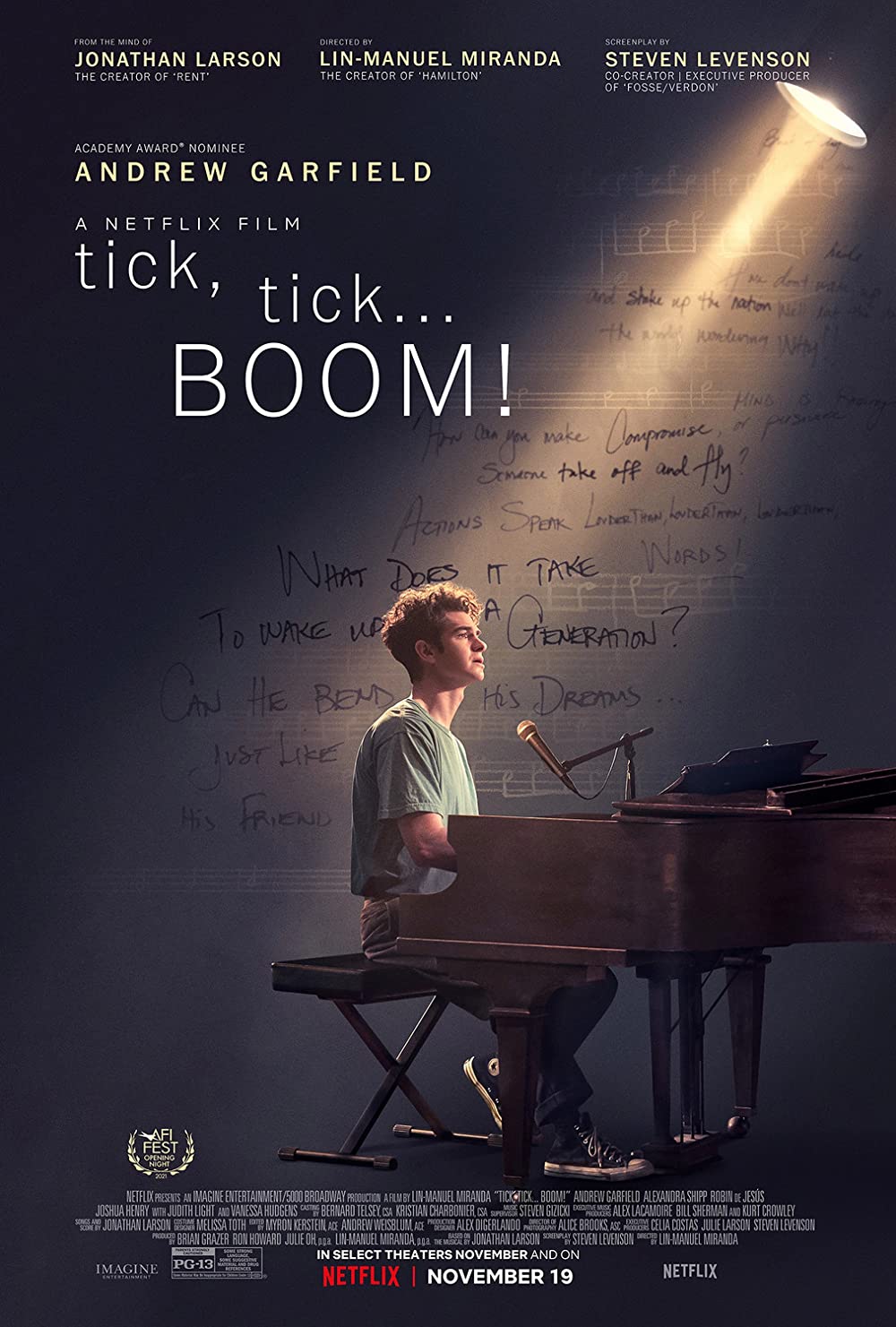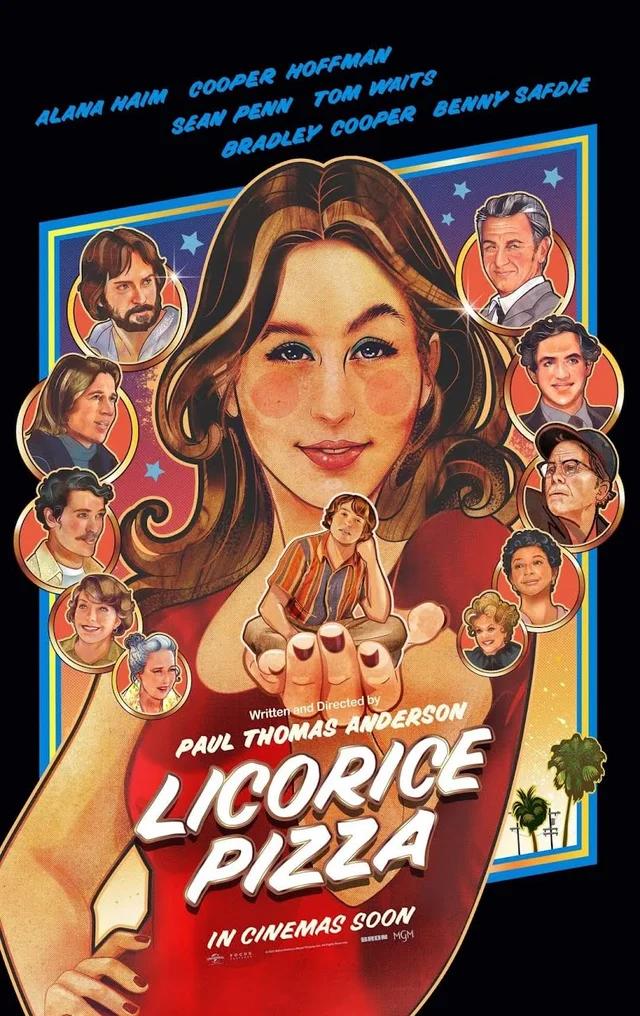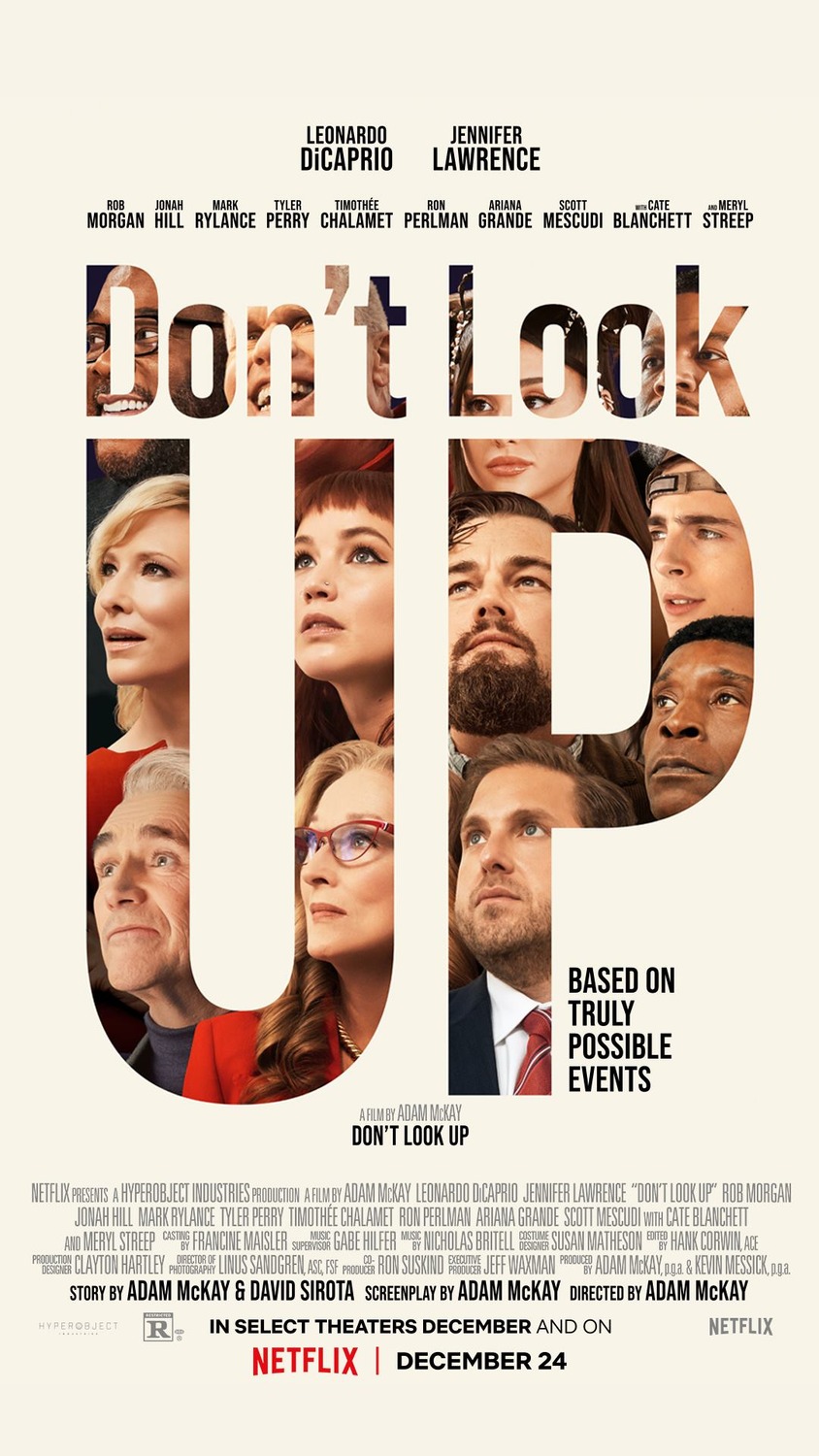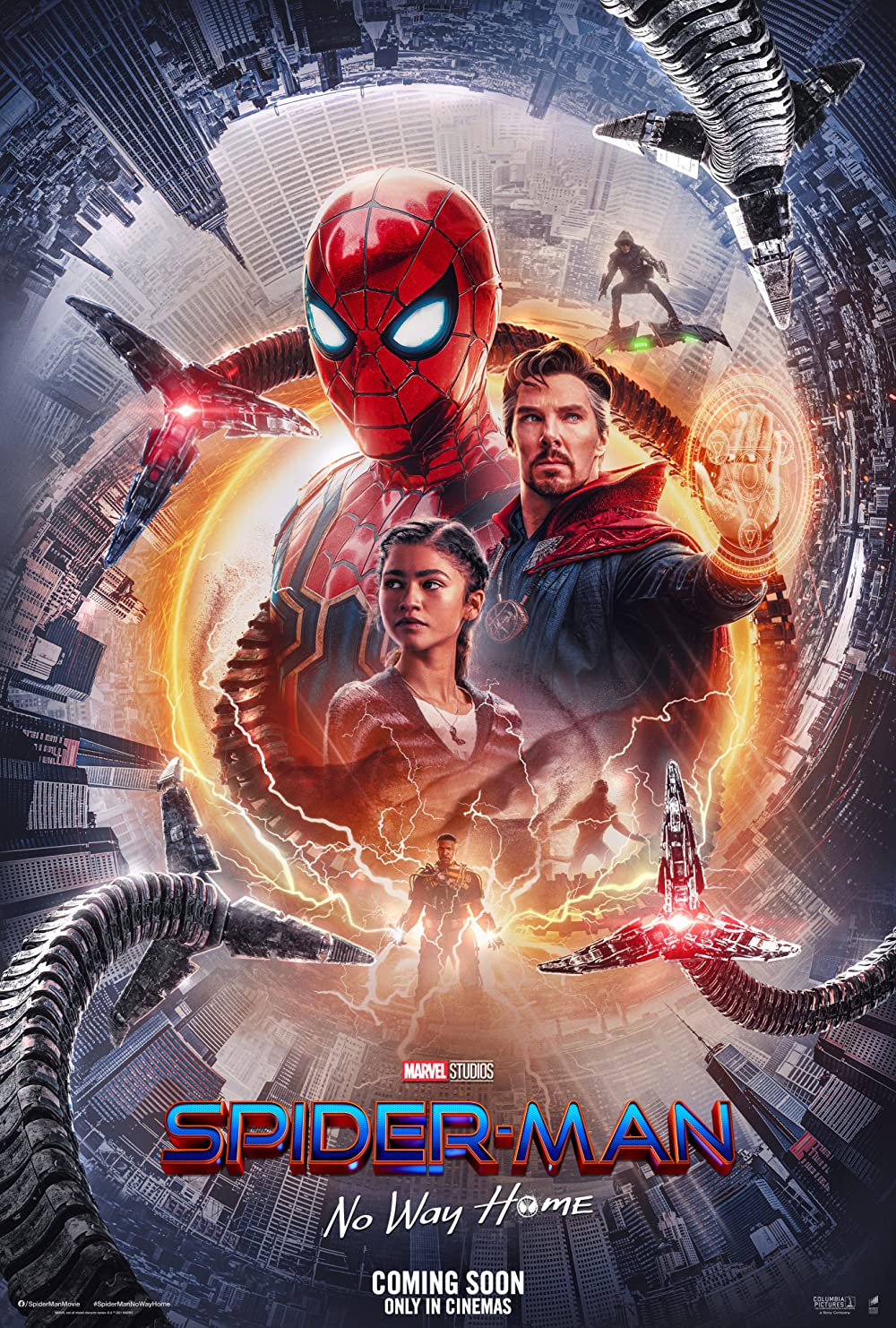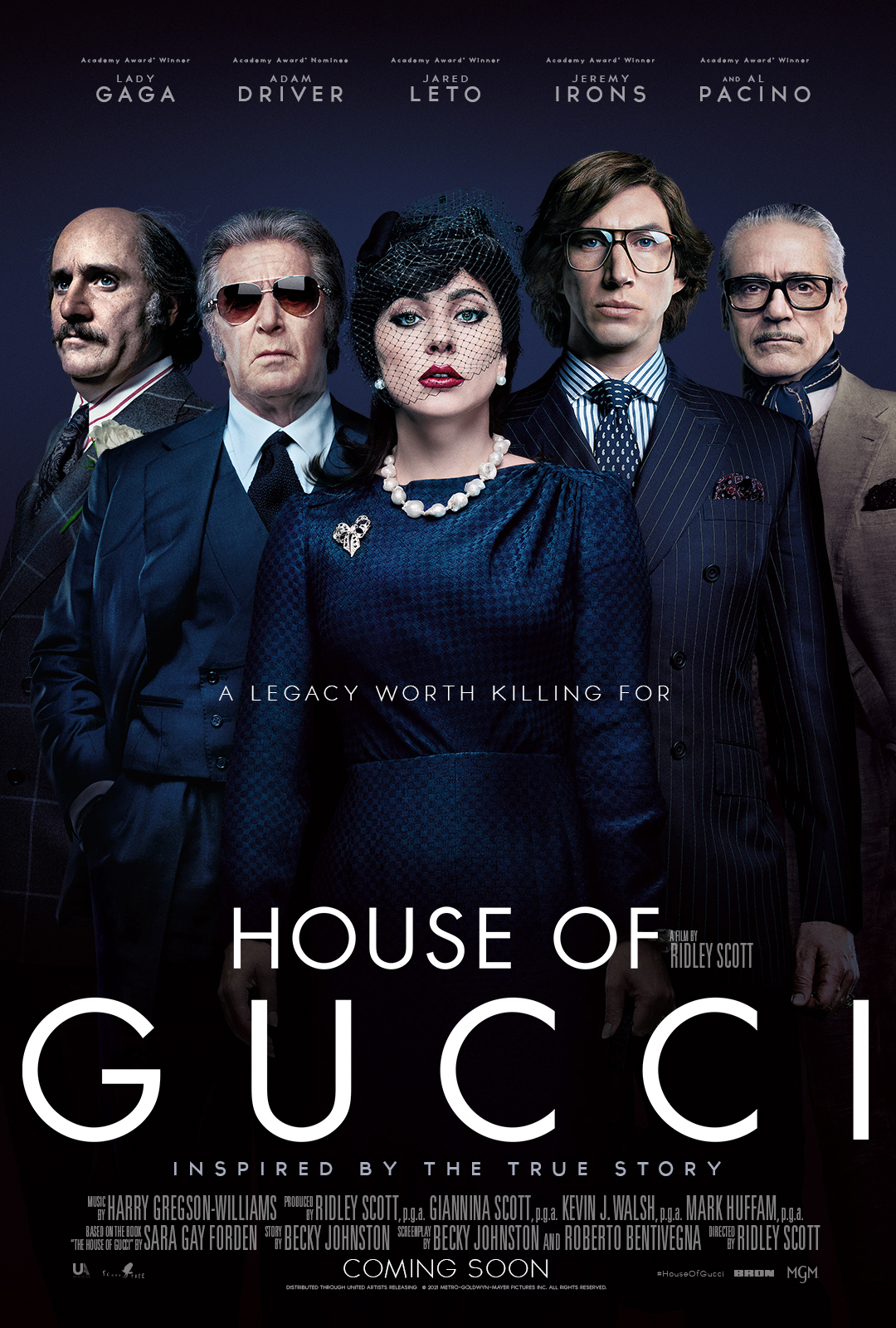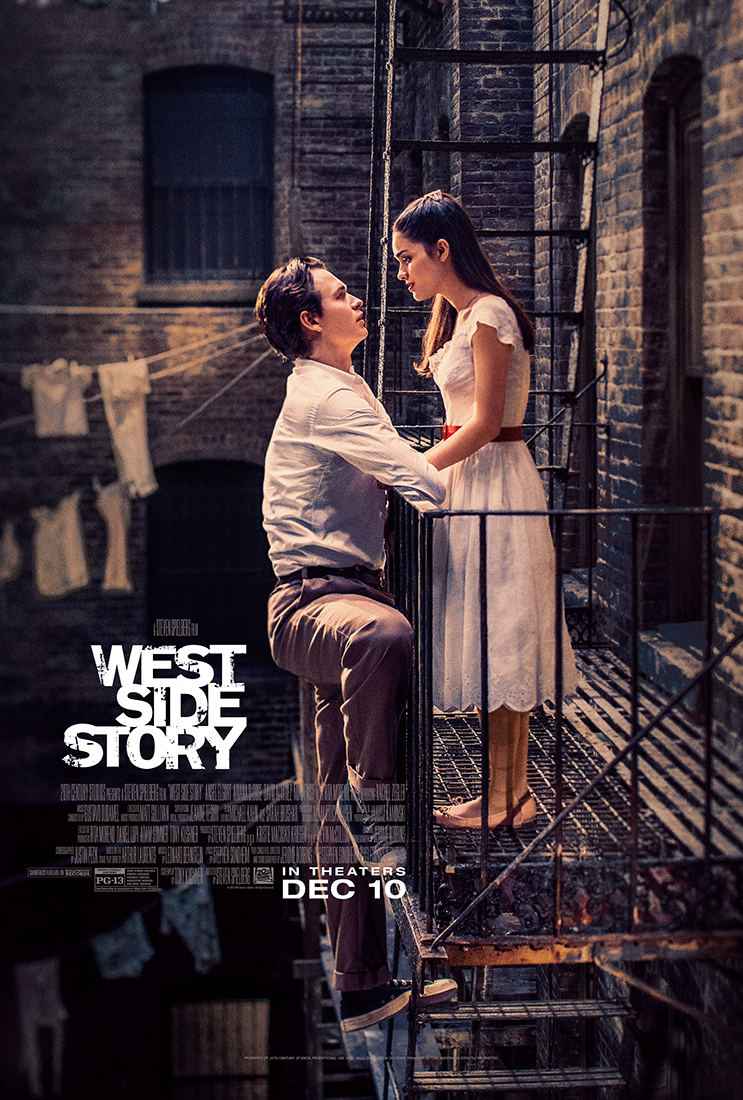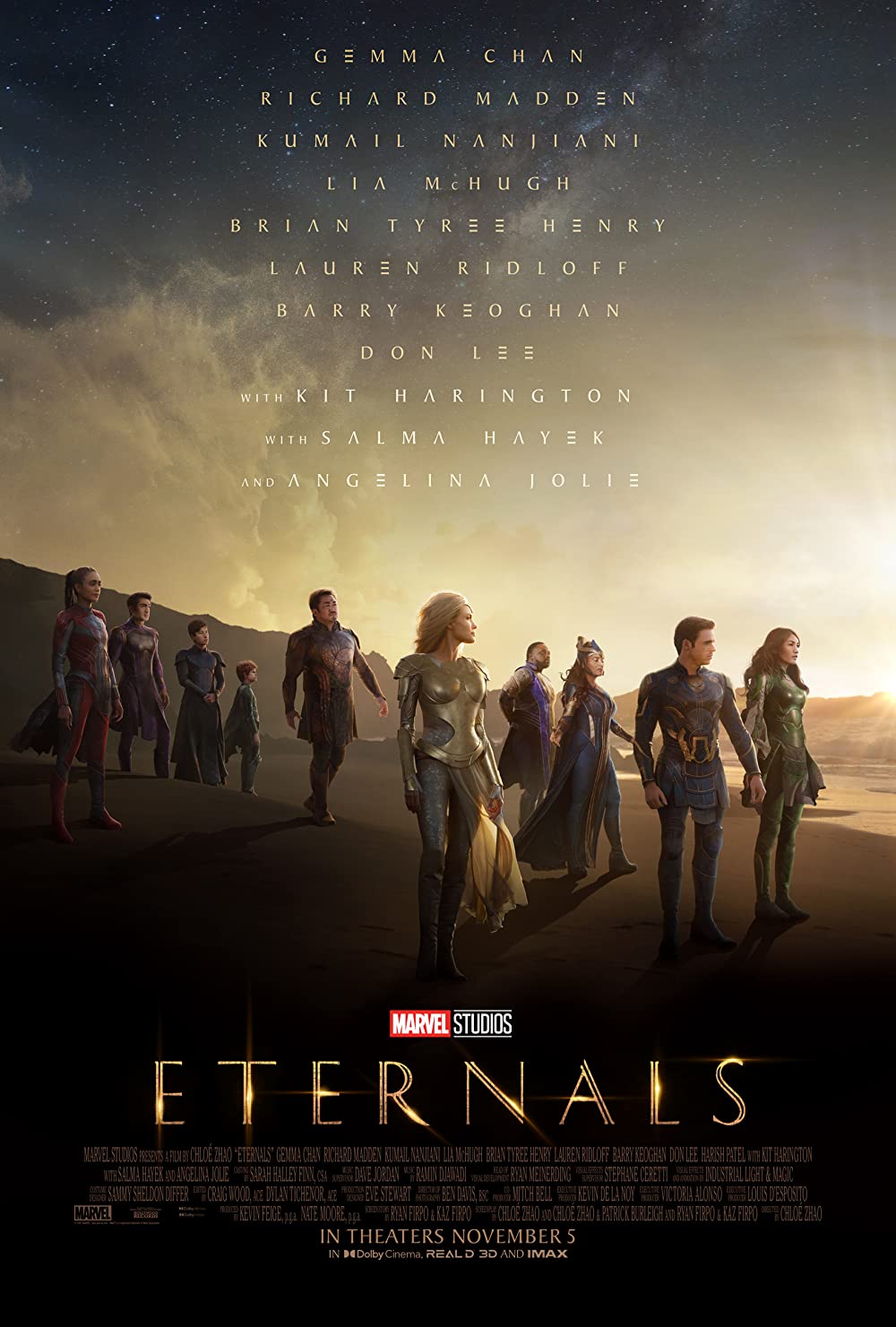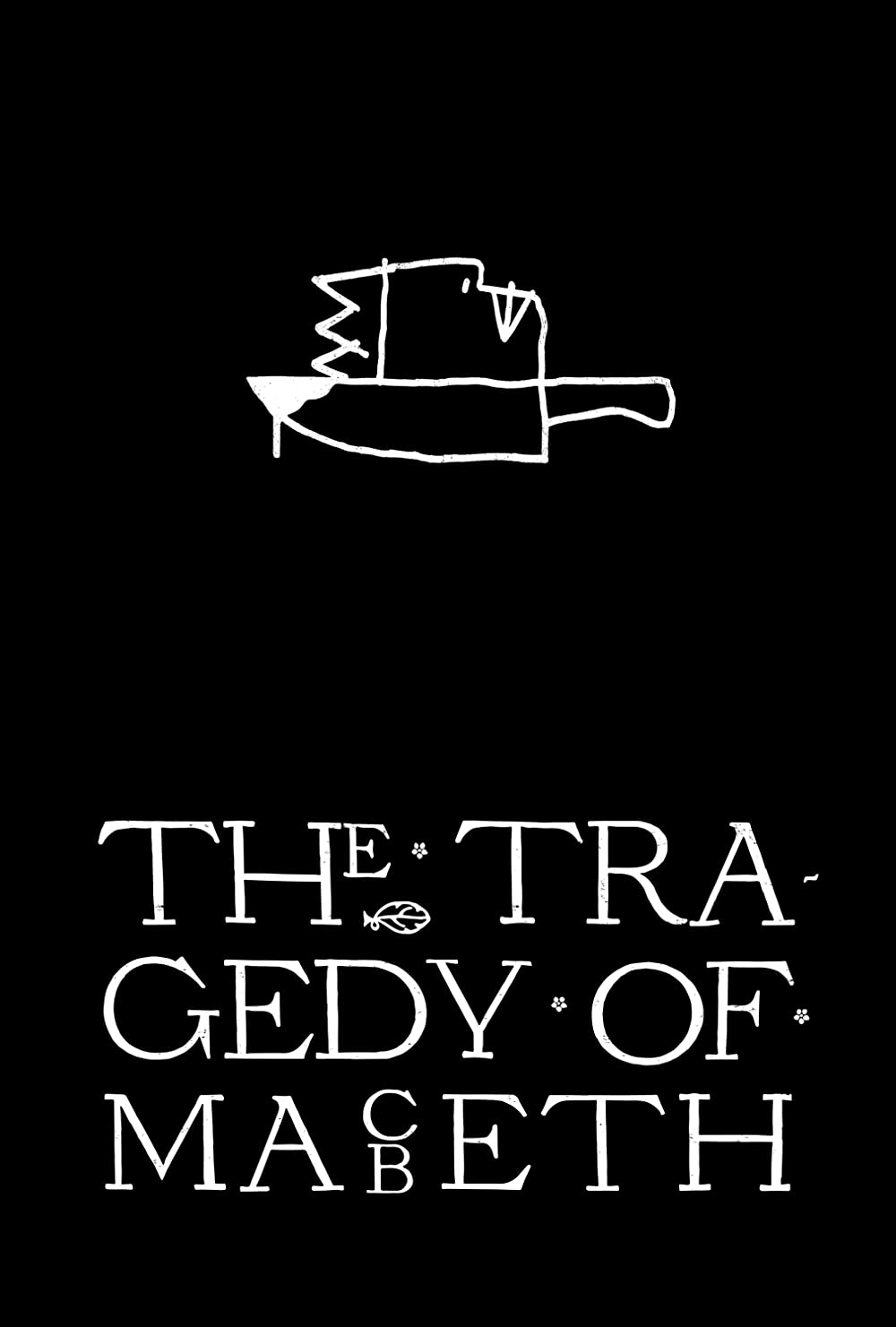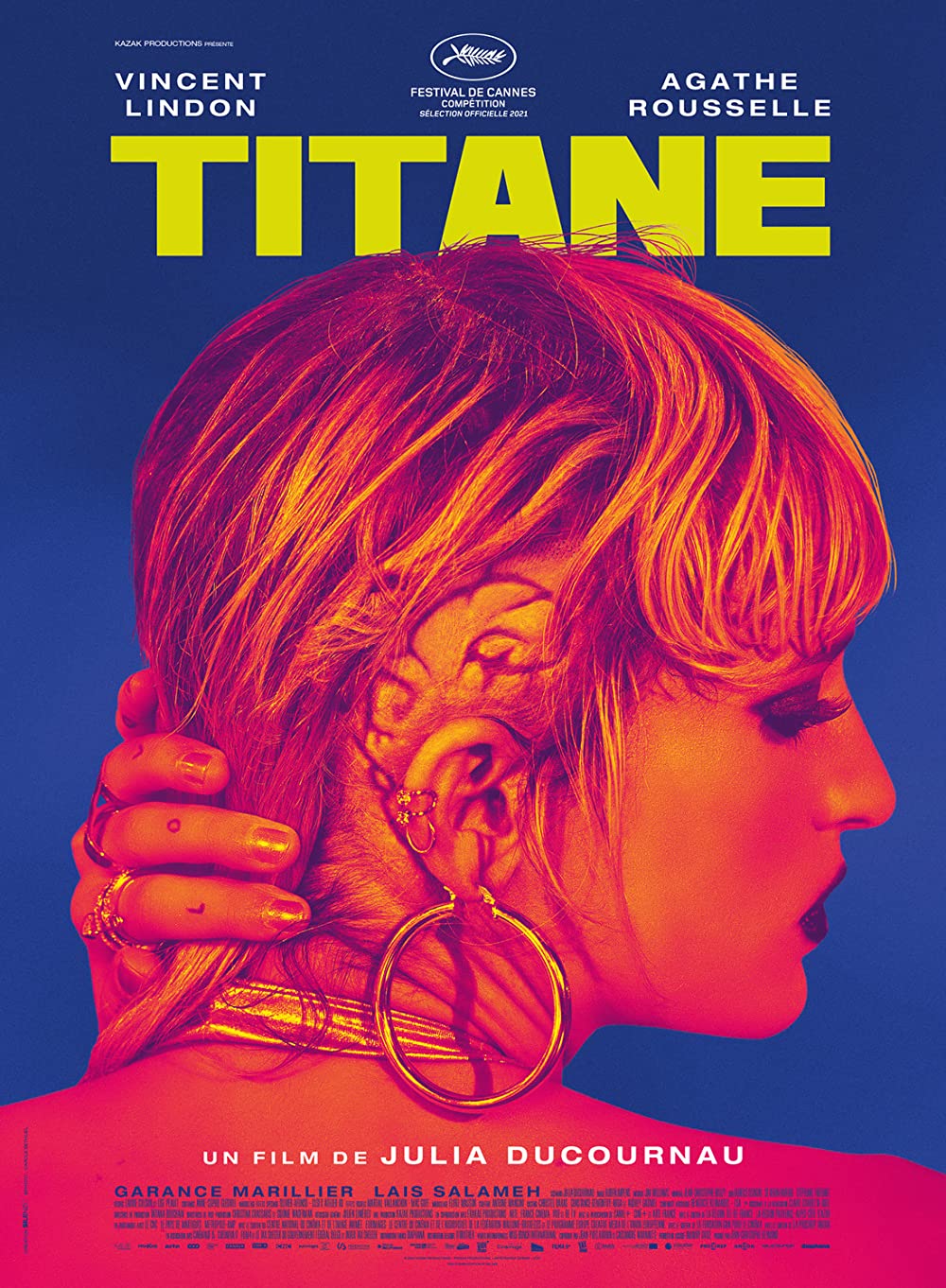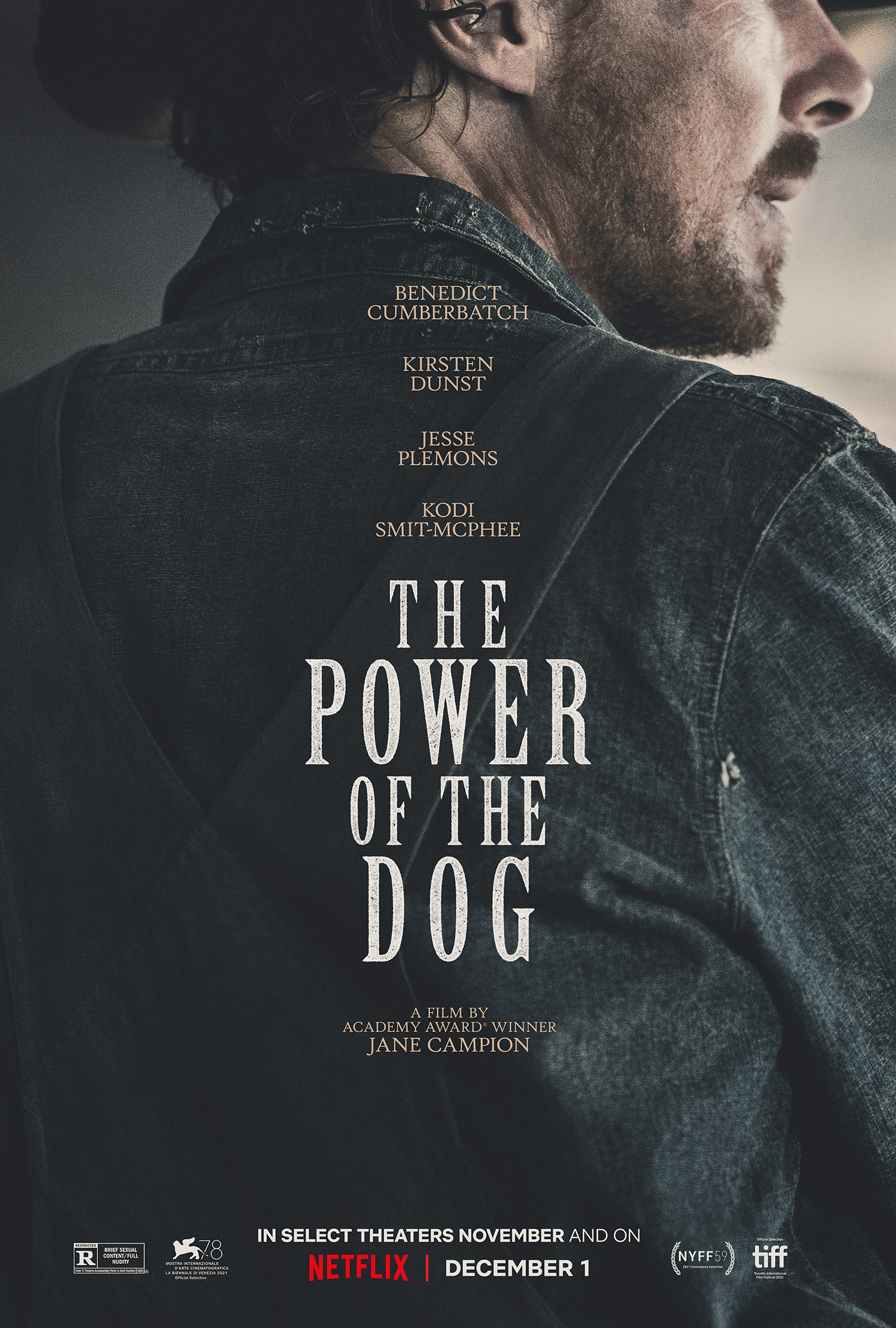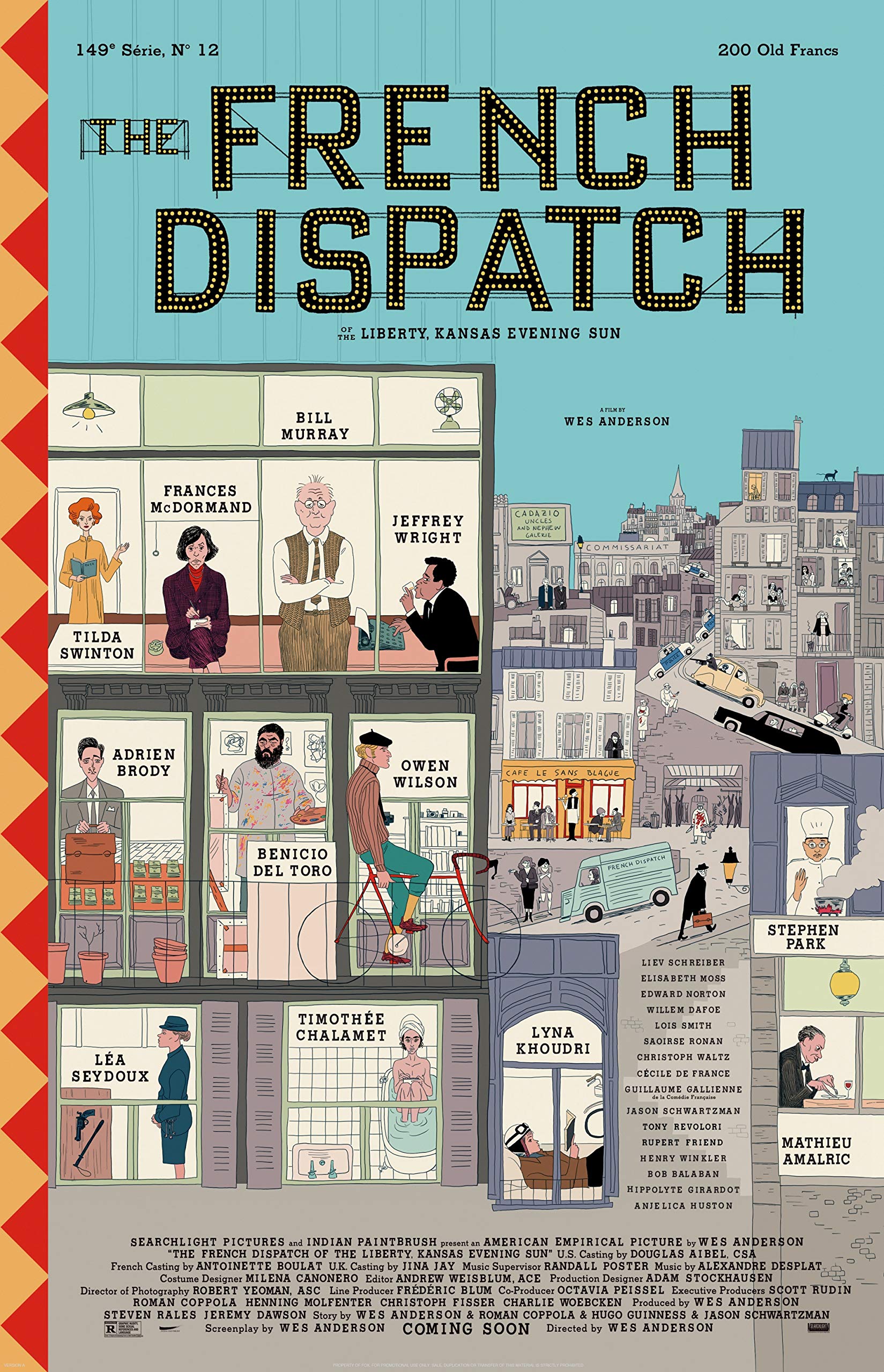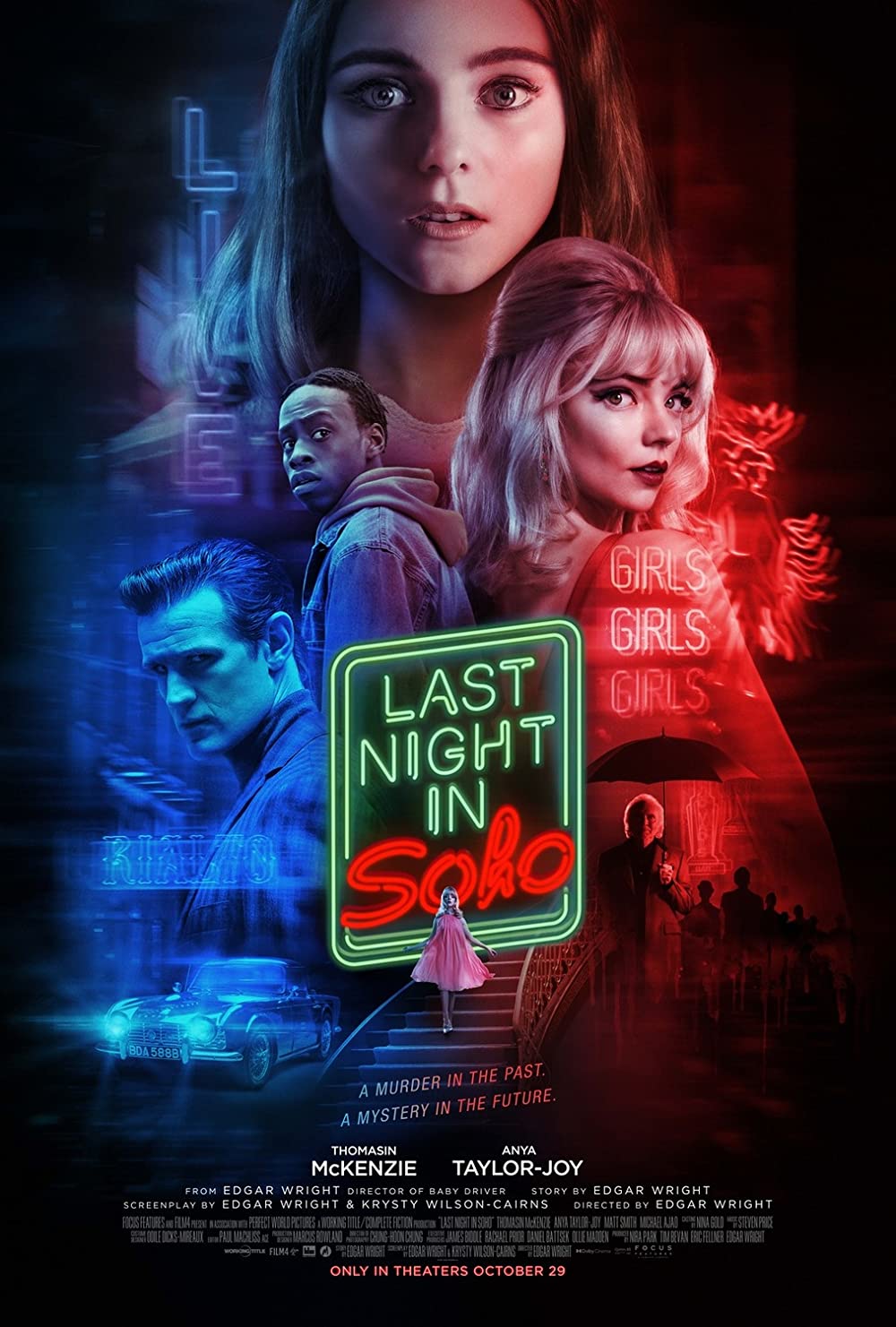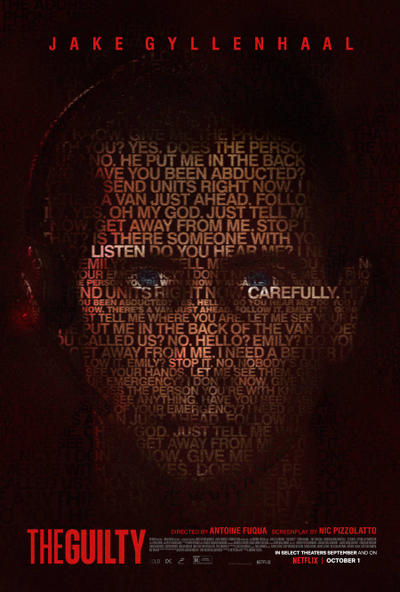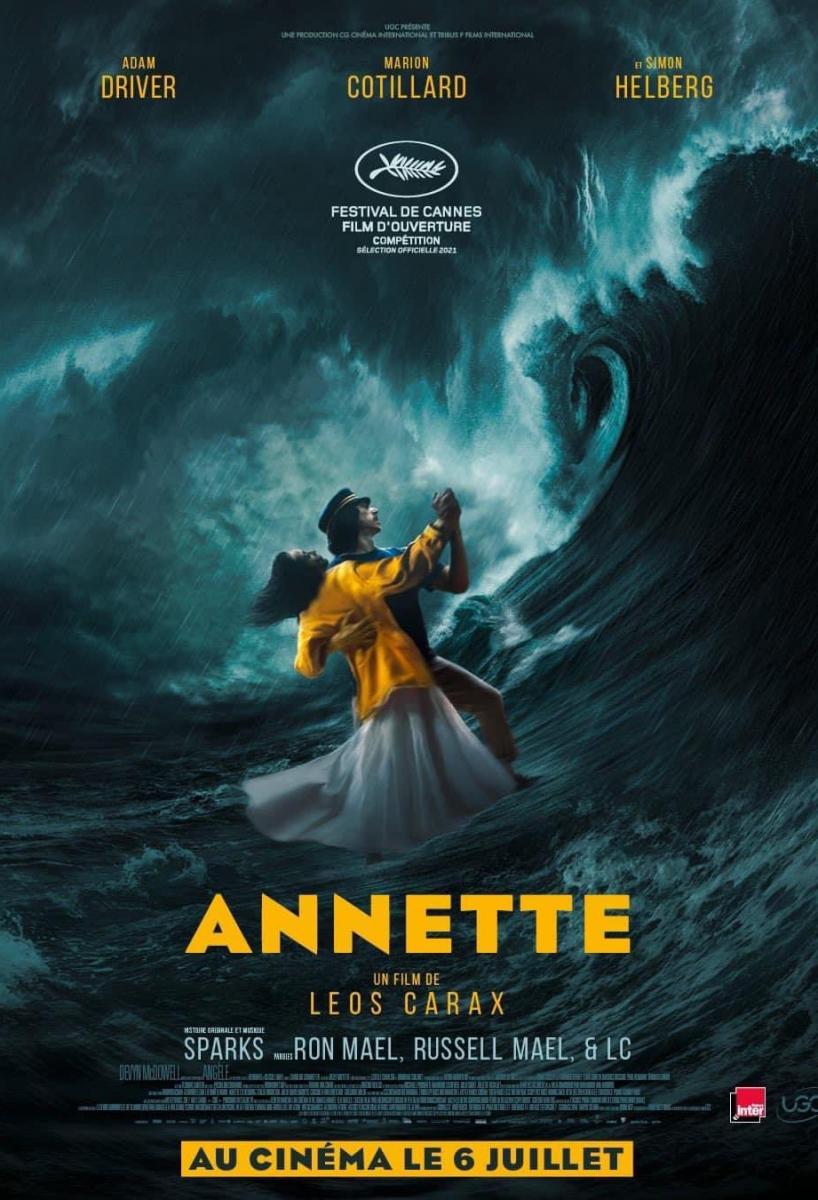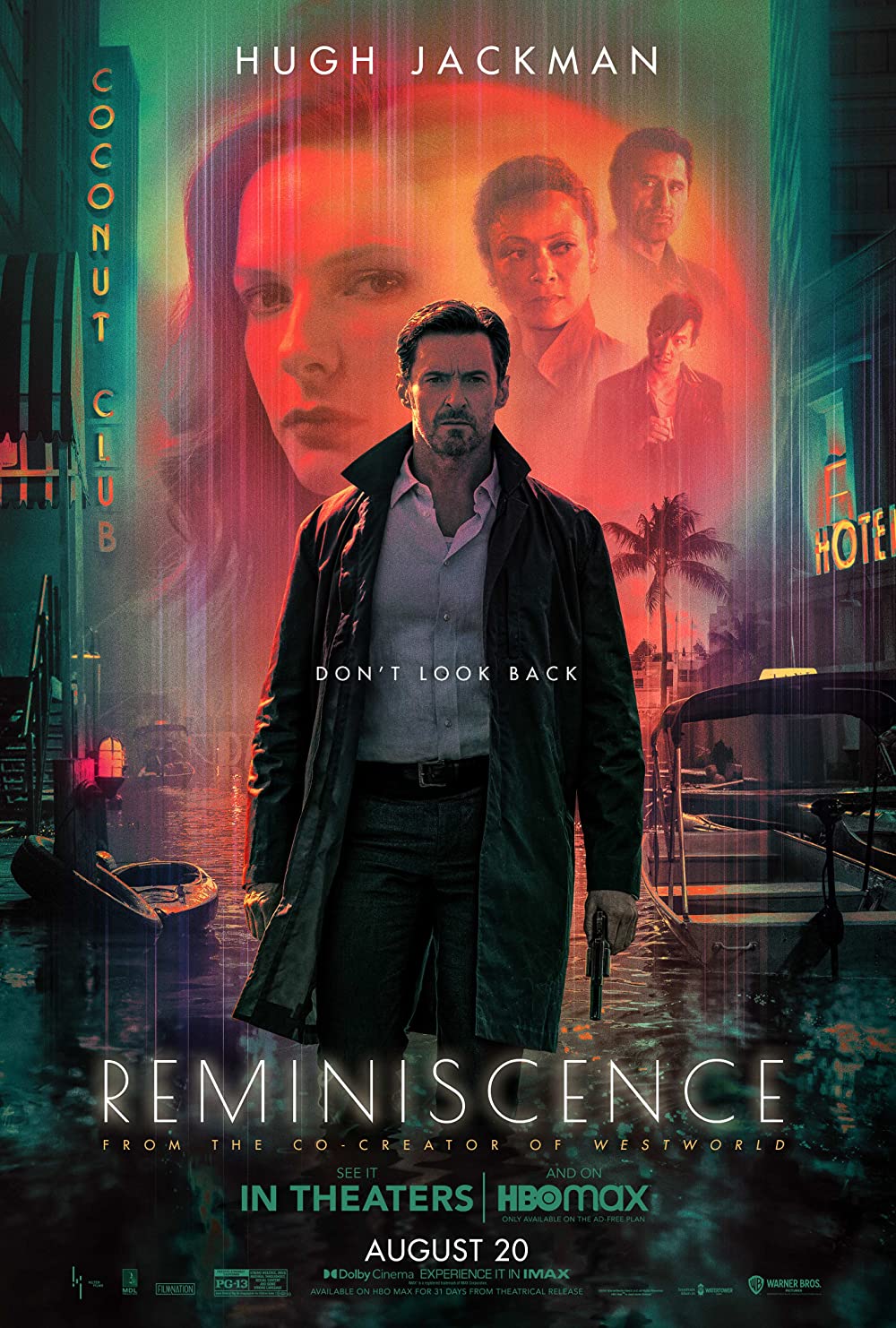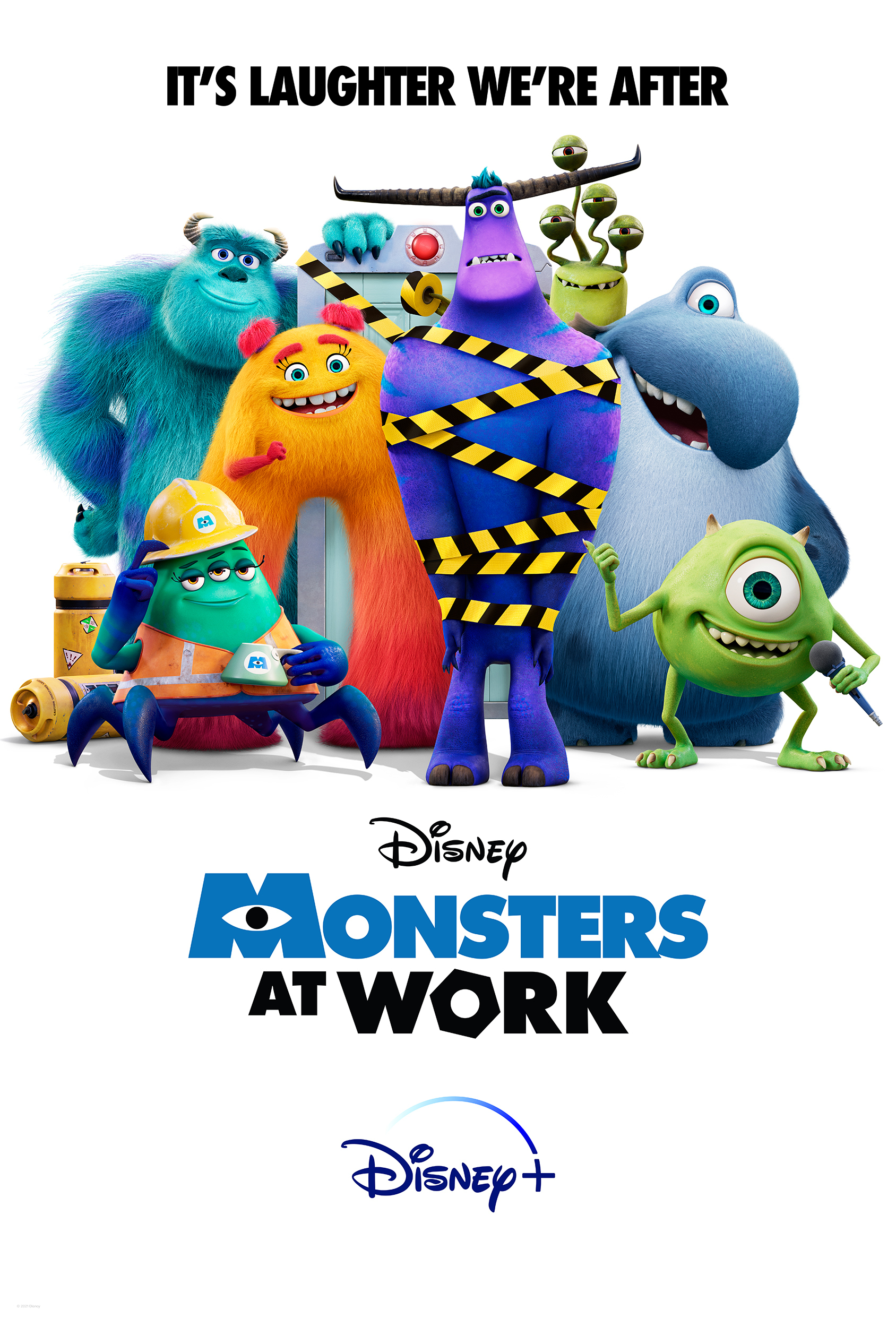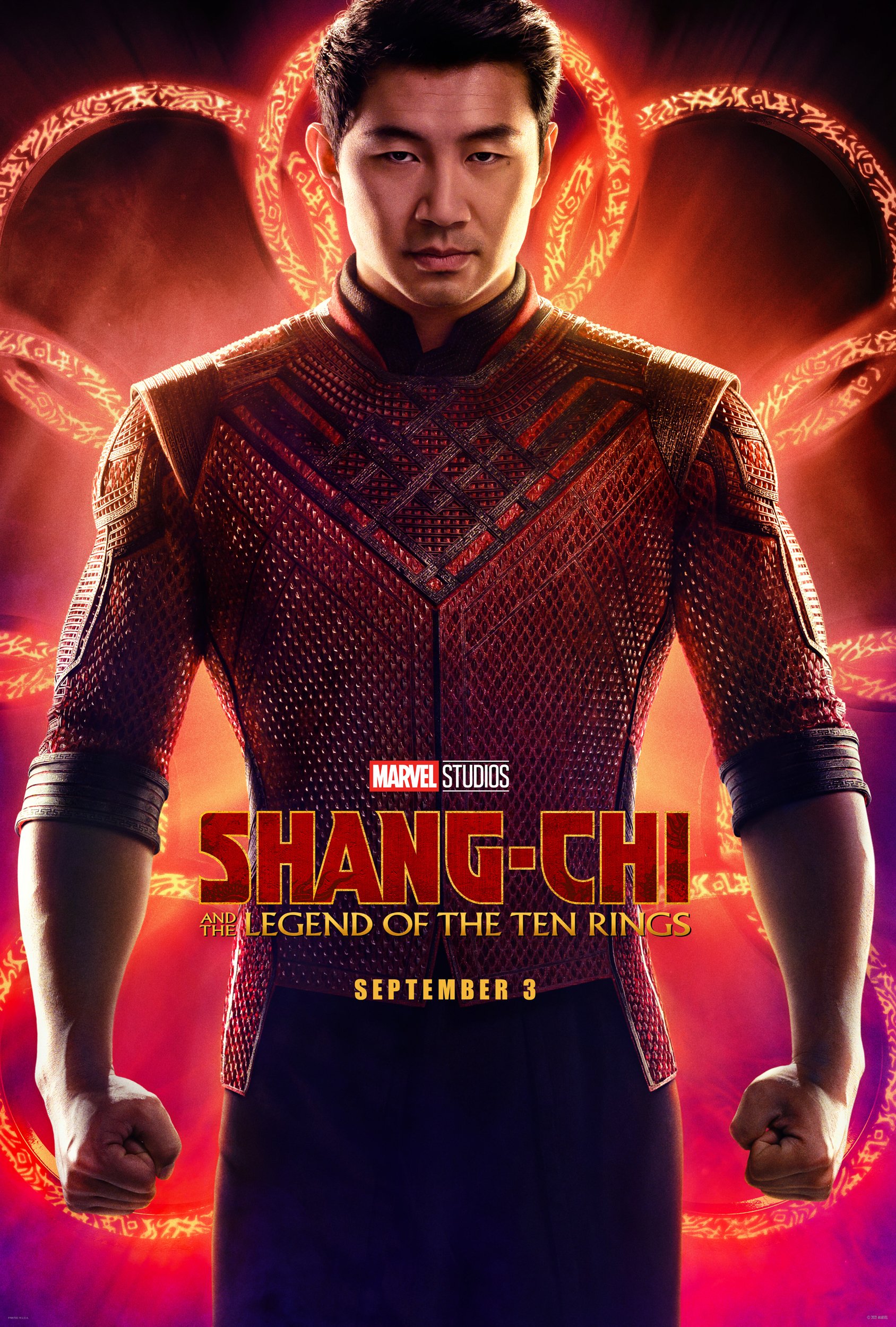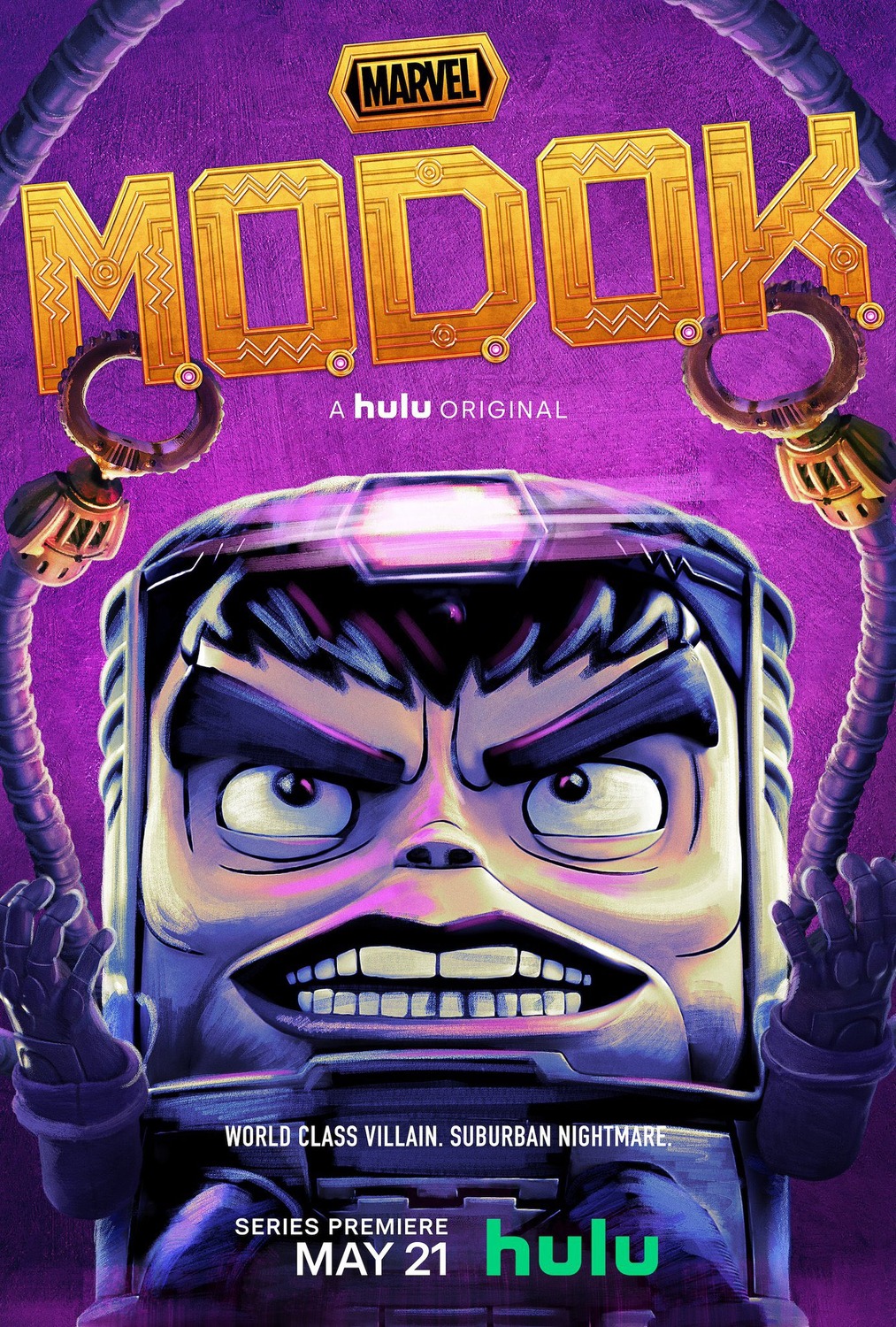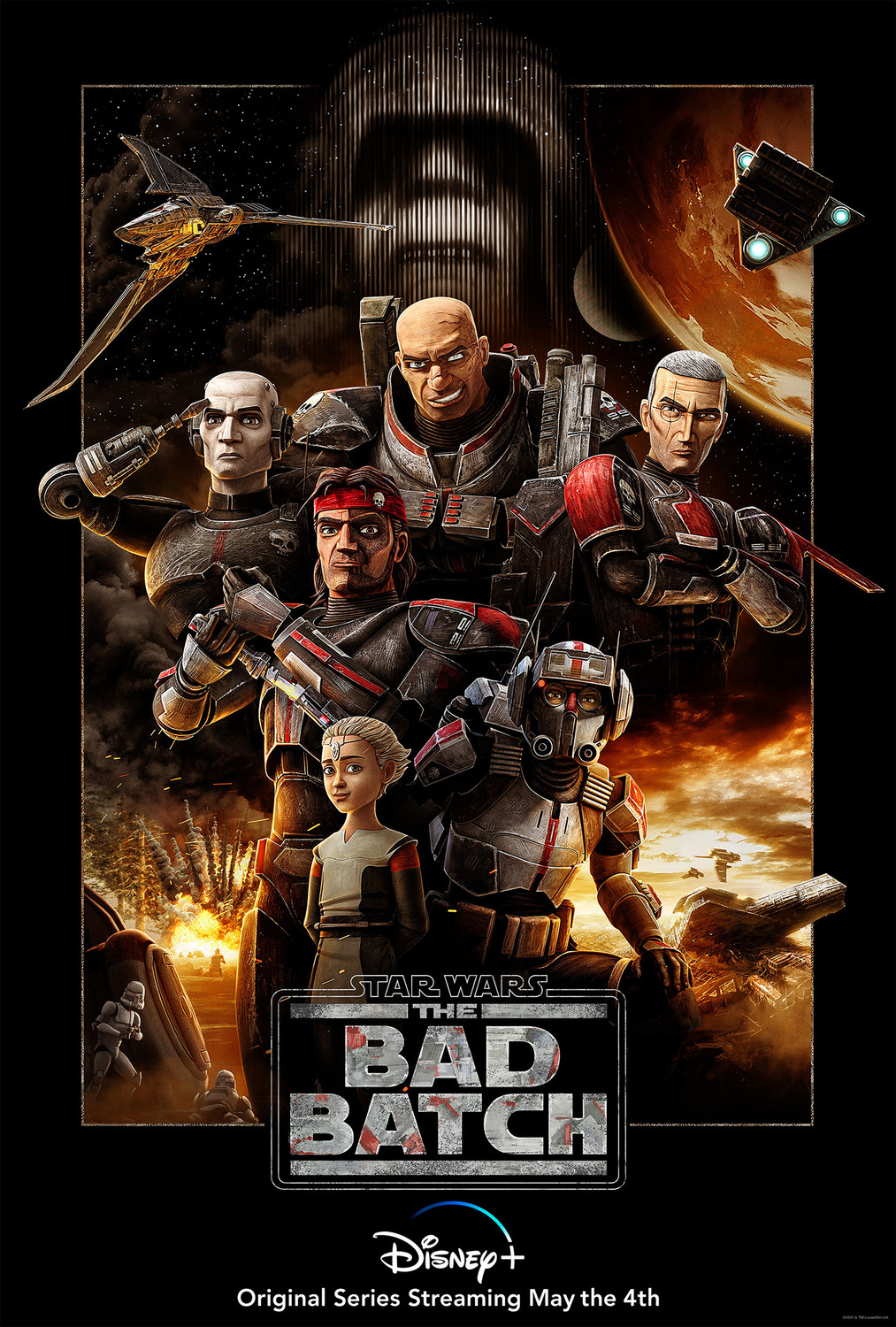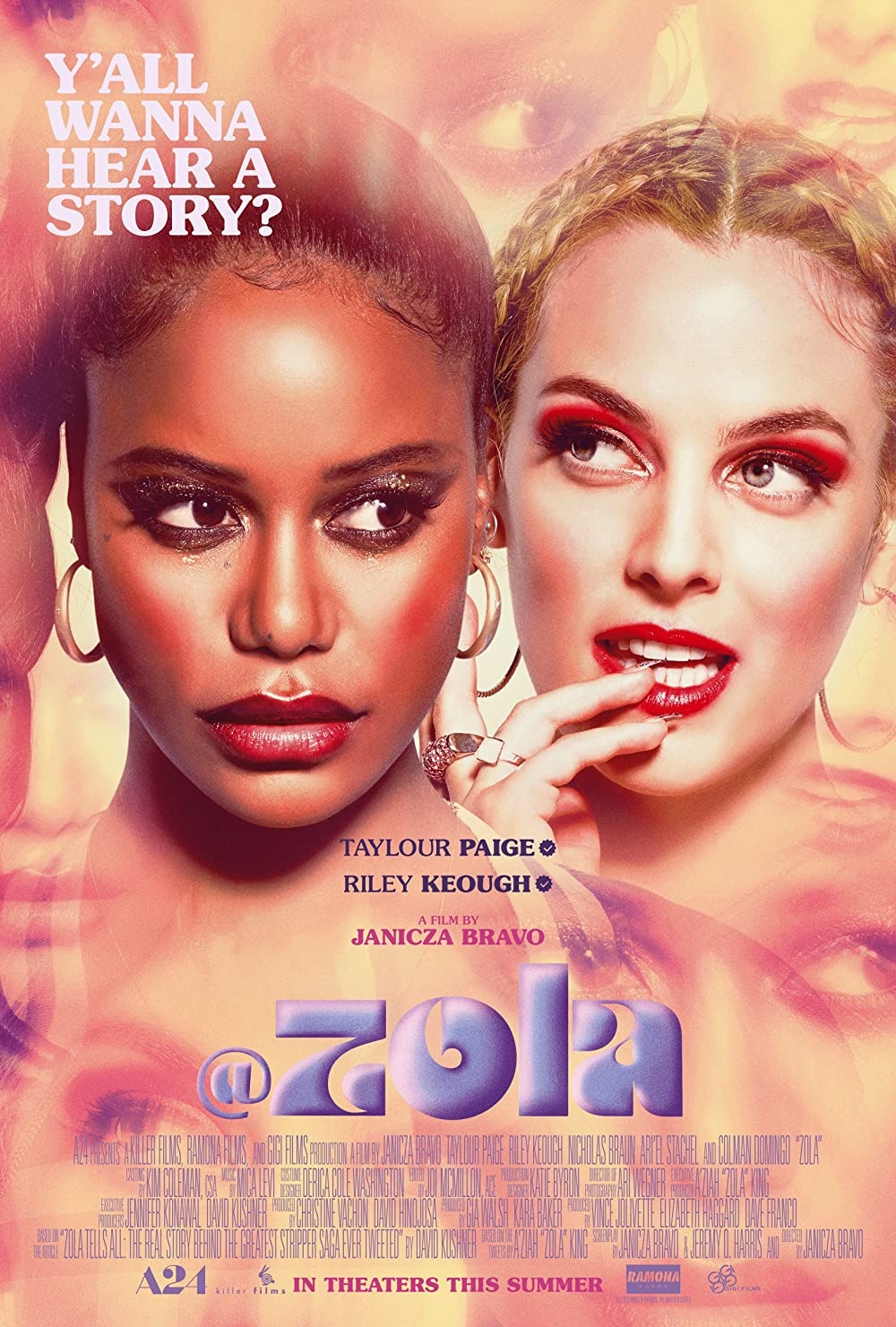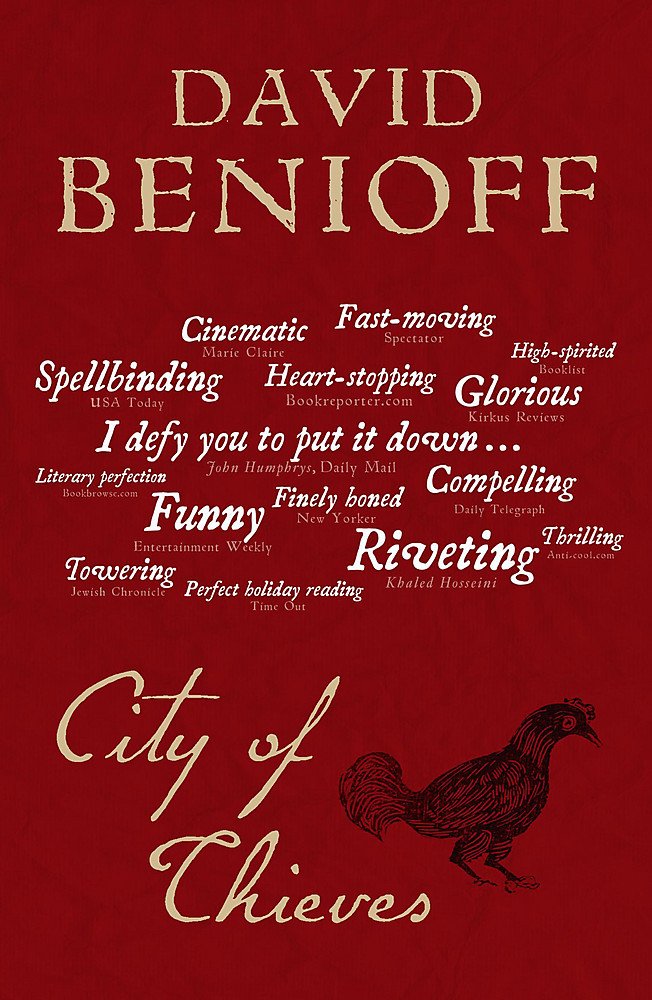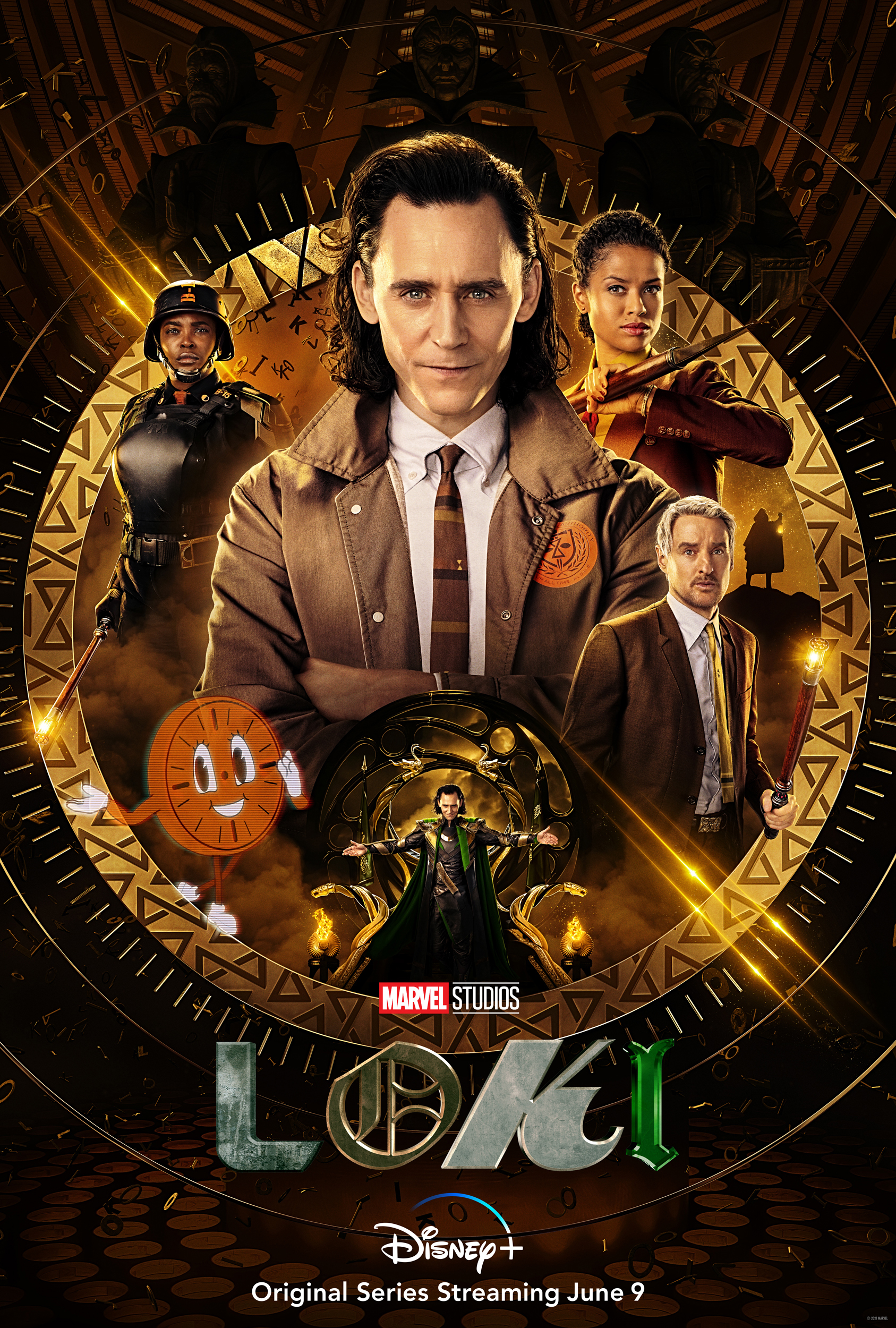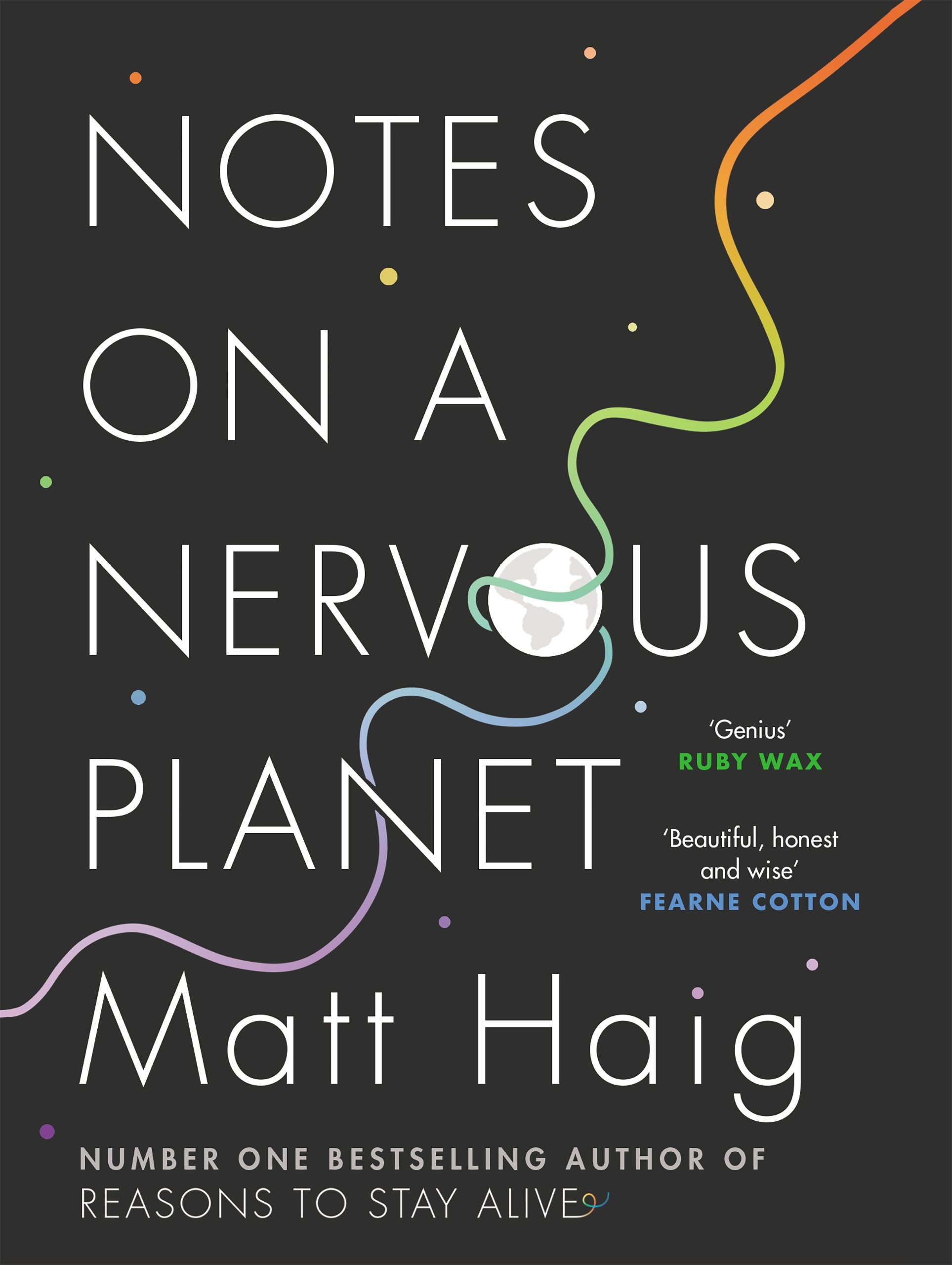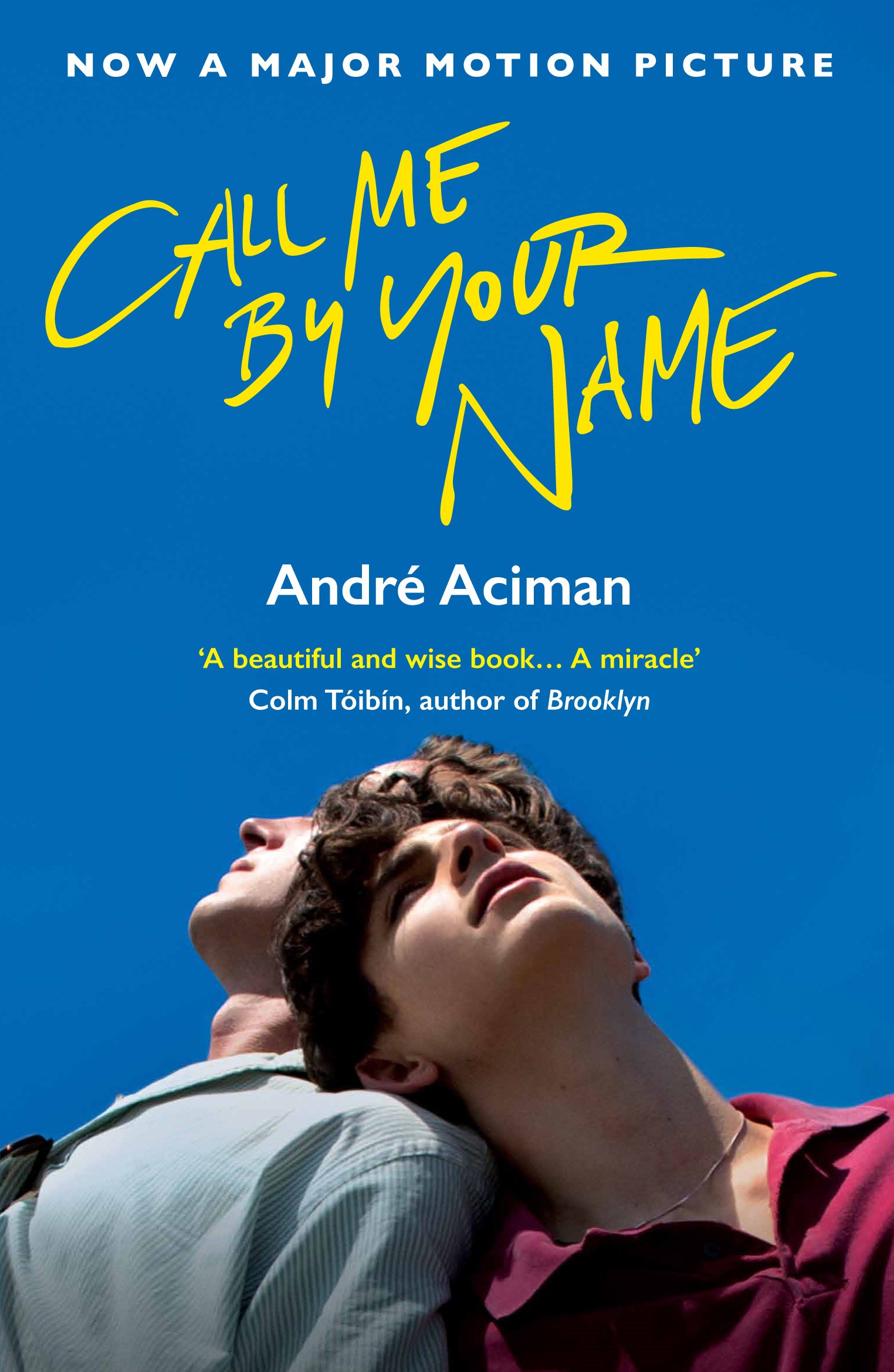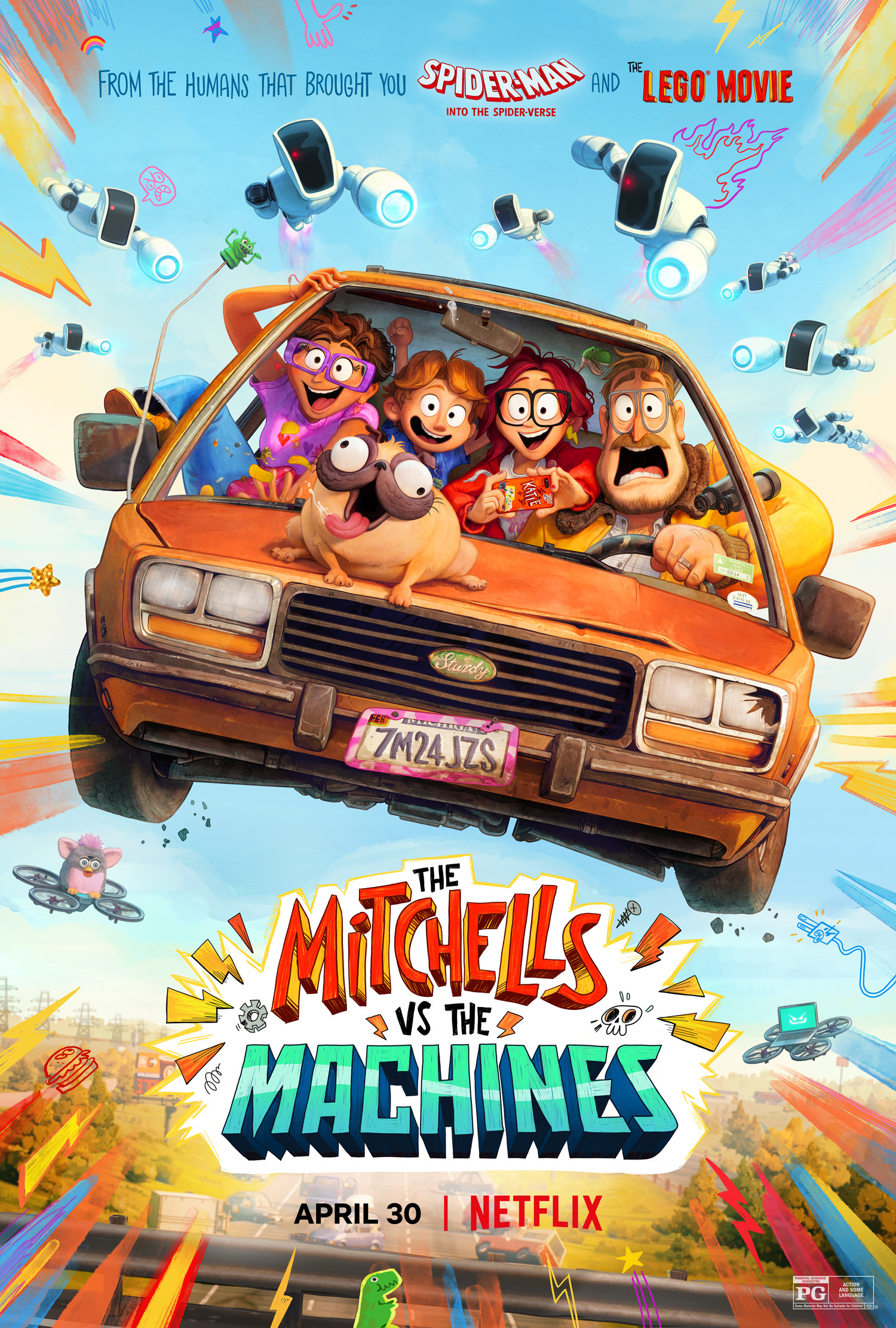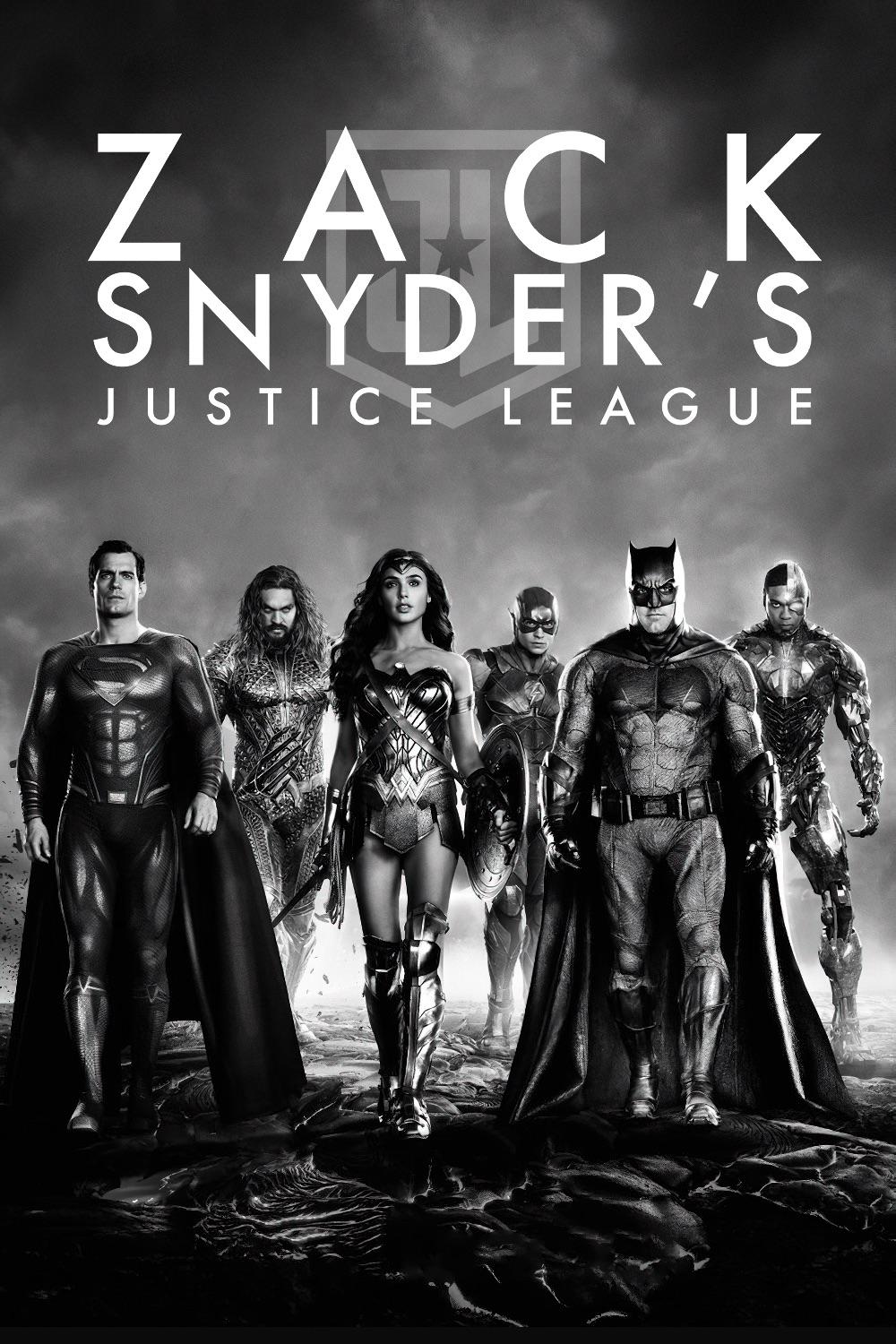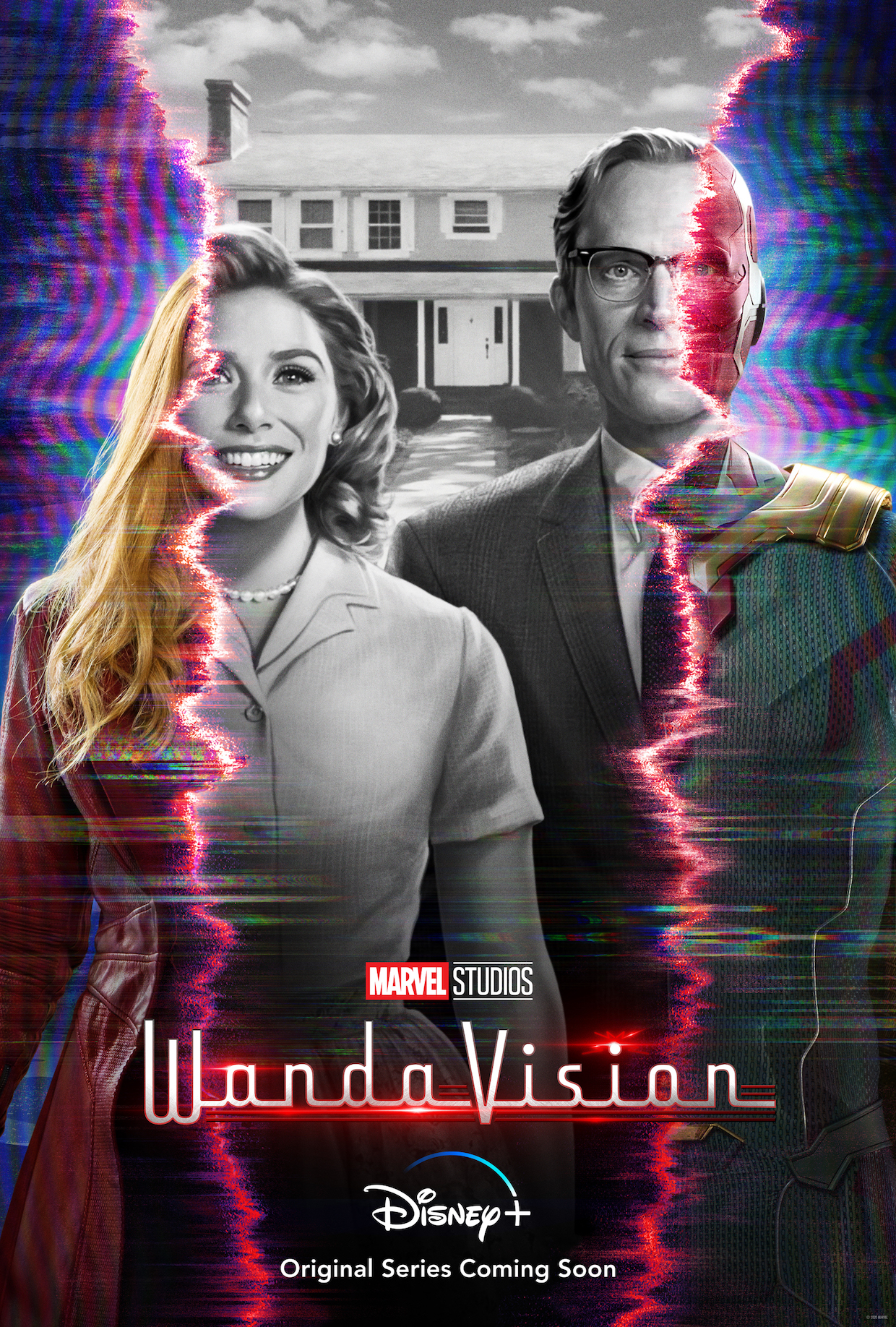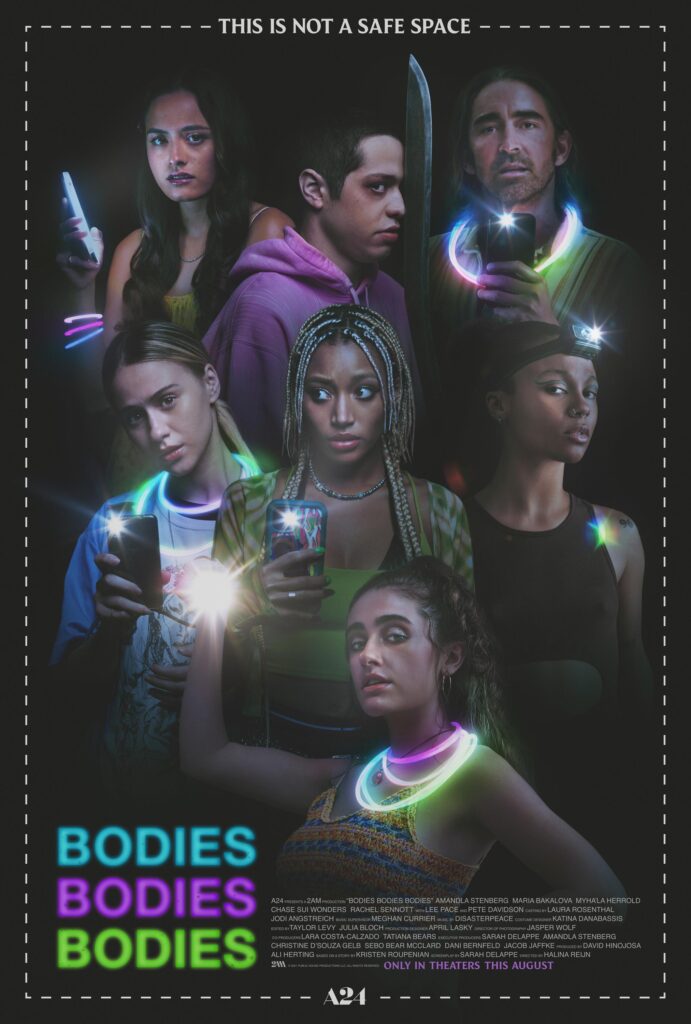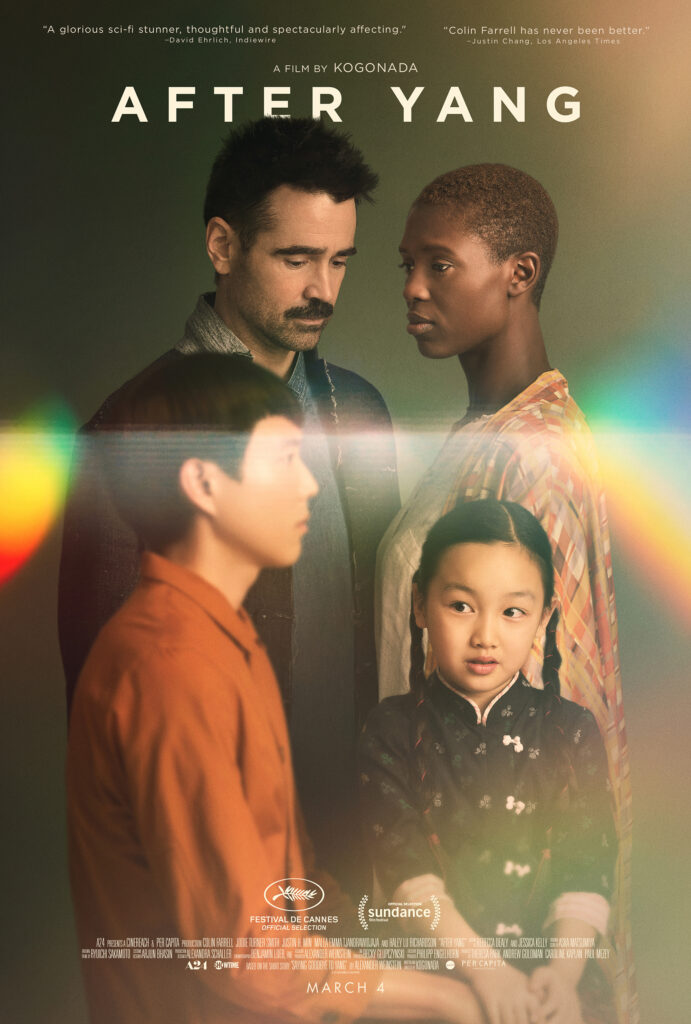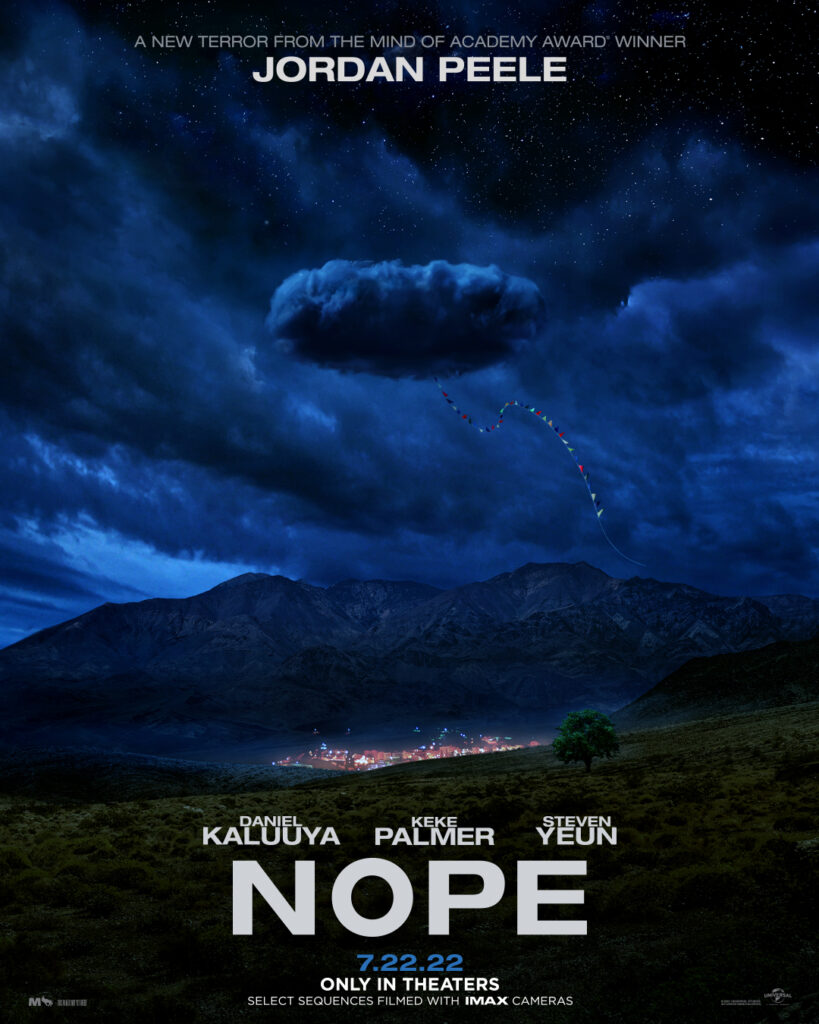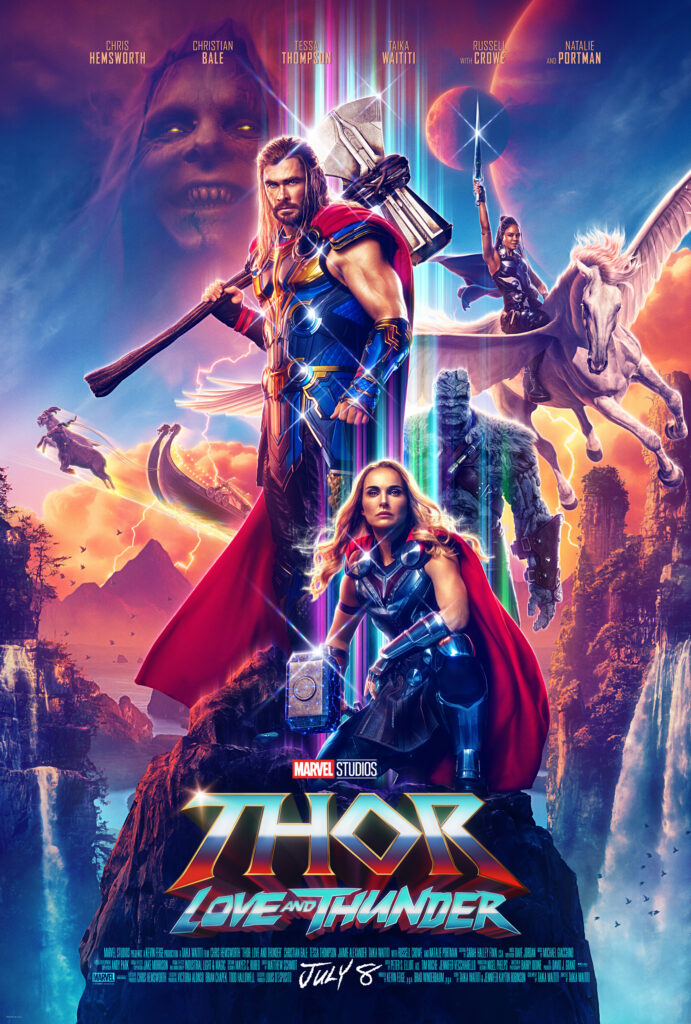After Yang is both a departure and continuation from Kogonada’s previous film Columbus. Aesthetically it follows on from Columbus with the mind-numbingly gorgeous static cinematography on display throughout the entire film. Where Columbus uses its visuals to highlight the natural architectural beauty of the buildings in Columbus, but also the architectural beauty that is found in everyday things, the cinematography here offers a different purpose. It creates a static, manufactured feeling to the home environment, contrasting the prejudices one has about the feelings that come with home life.
The production design offers a contrast to this once again. There is a distinct warmth and comfort that comes from the lighting and the structural flourishes, in both architecture and small design details. It’s this contrast between the attempted warmth and comfort vs the coldness, and almost rigid nature, of the characters’ lives that fascinates me so much in this film.

I believe this theme is extended further in how the film decides to portray its characters. On the surface it can be very hard to connect to any of the characters, minus Yang, in the film. They’re very cold and blunt with each other. The dialogue between Jake and Kyra, the parents of Mika, lacks emotion most of the time, they talk very factually to each, like our preconceived notions of how robots would communicate with humans. There doesn’t feel like there’s any loving connection between the two. Even the way they compose themselves in scenes feels incredibly artificial. The way they sit, the way, and directions they look and the composition between the actors feels manufactured.
Conversely, the most “human” character of the film is Yang – despite his artificial nature. This is where I think the masterfully subtle world building really does wonders for the storytelling of the film. There’s a clear Asian influence on Western culture in this future: the clothing people wear, the architecture of the buildings, the jobs and interests people have and the food people eat. However, there’s an artifice to the way that western countries have adapted and westernised Asian culture. Humans have constructed a world that feels artificial, so them feeling artificial in a world itself that lacks humanity doesn’t seem out of place.

Yang being this human character, someone who possesses more love and connection with humans than they seem to do with each other, brings into light what being “human” really means. The further our society progresses are we losing our humanity, or is the meaning changing? Does being artificial mean that Yang is incapable of what we’ve considered humanity, or is this a trait we’ve assigned ourselves as we don’t know any better? It also adds into the mix the question of what culture is to an artificial person and the role of culture in a more progressive society.
Now, the connection you have to the film I think depends on how well you’re able to subscribe to the themes its attempting to display. It doesn’t really answer any of these questions, the film is more meditative in nature, which I think your enjoyment will just come from how much you want to engage with the ideas at play and use it to facilitate your own questioning of these ideas. Without this element the film itself can come off quite cold and disconnected, the dialogue is stilted and there’s no real emotional connection, but when that’s purposeful, does it matter?
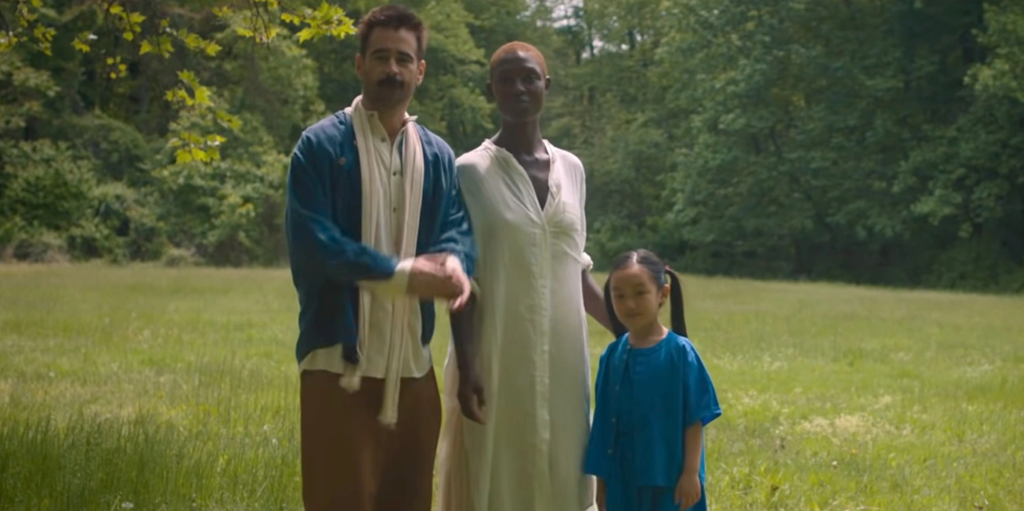
While enjoyable in its analytical nature, I do think the film falters slightly in its flow of plot. Jake spends the entire film on a journey to discover his artificial son’s past – in a beautiful abstract visualisation – but there’s no real explanation for his doing so, and more so with him being the cold character he is, it’s hard to understand his motivation for it. The film also attempts to have Mika be more human-like in her connections, whether that’s a commentary on age or on having a connection to Yang, it’s unclear, however interesting either way, yet the child actress is stiff in her delivery and doesn’t really convey this idea. This could also be the writing’s problem which was very simplistic for her. However, Colin Farrell and Justin H. Min give incredible performances. Also, that opening credits scene was one of the coolest things.
★★★★

